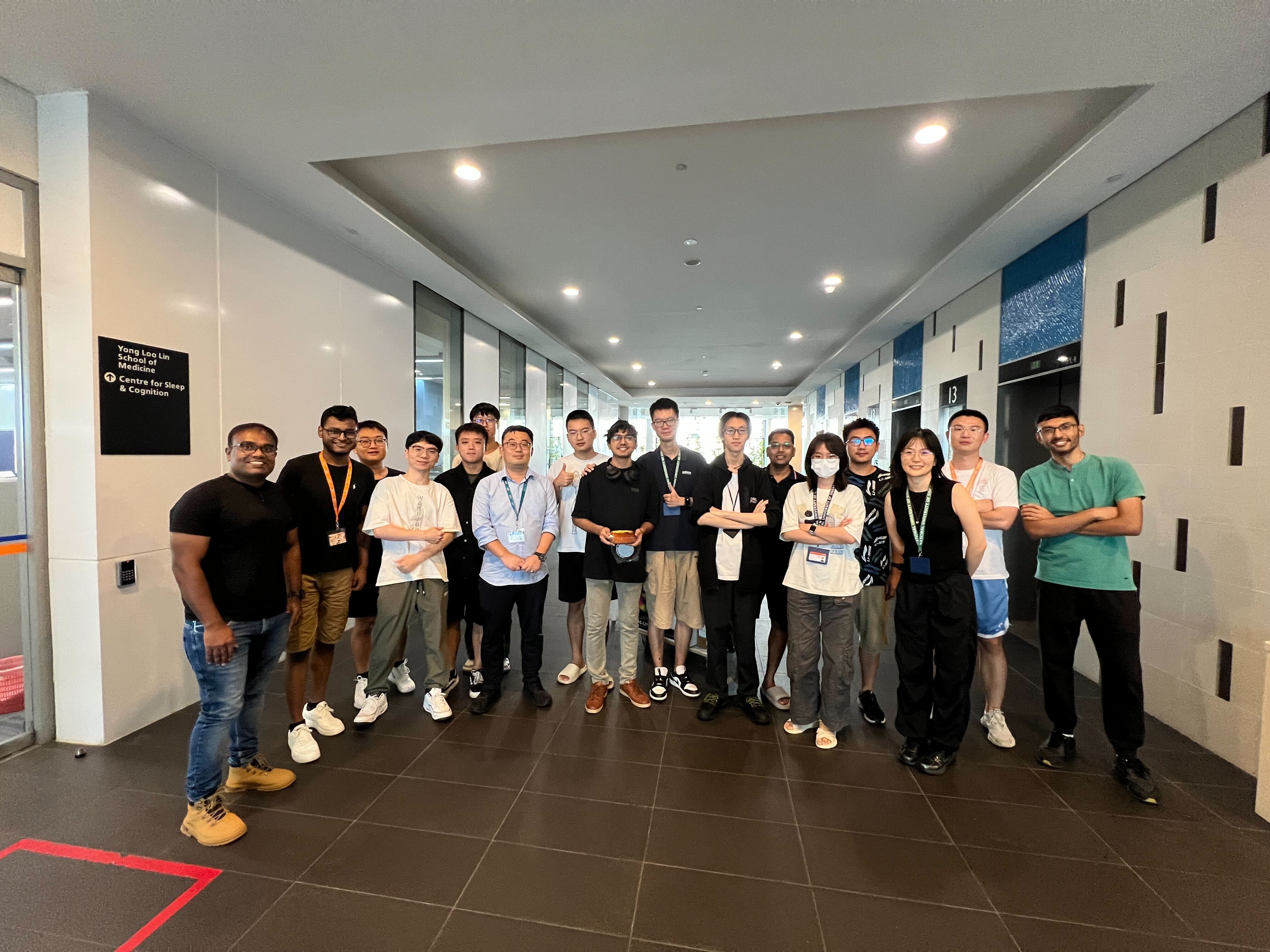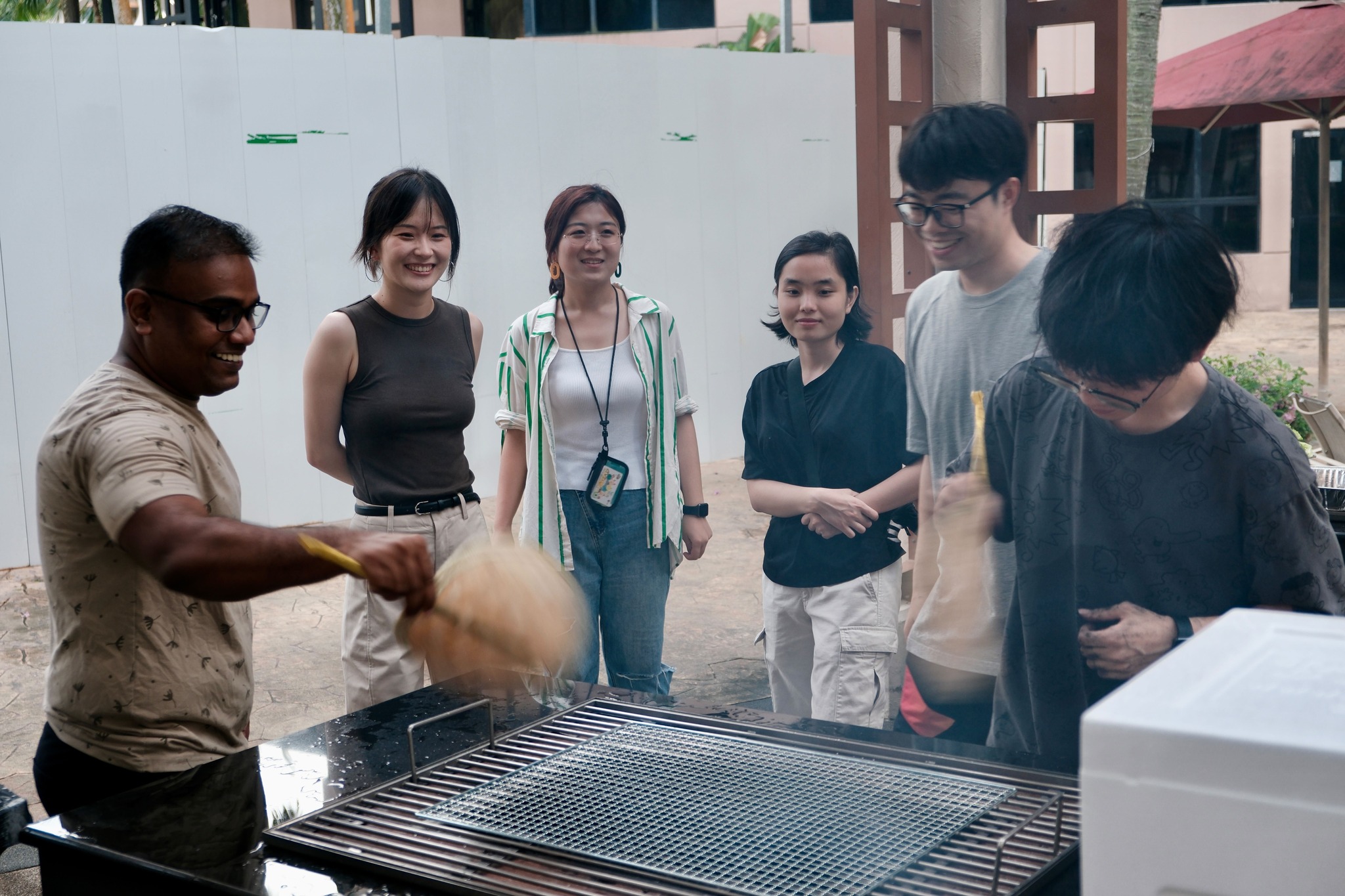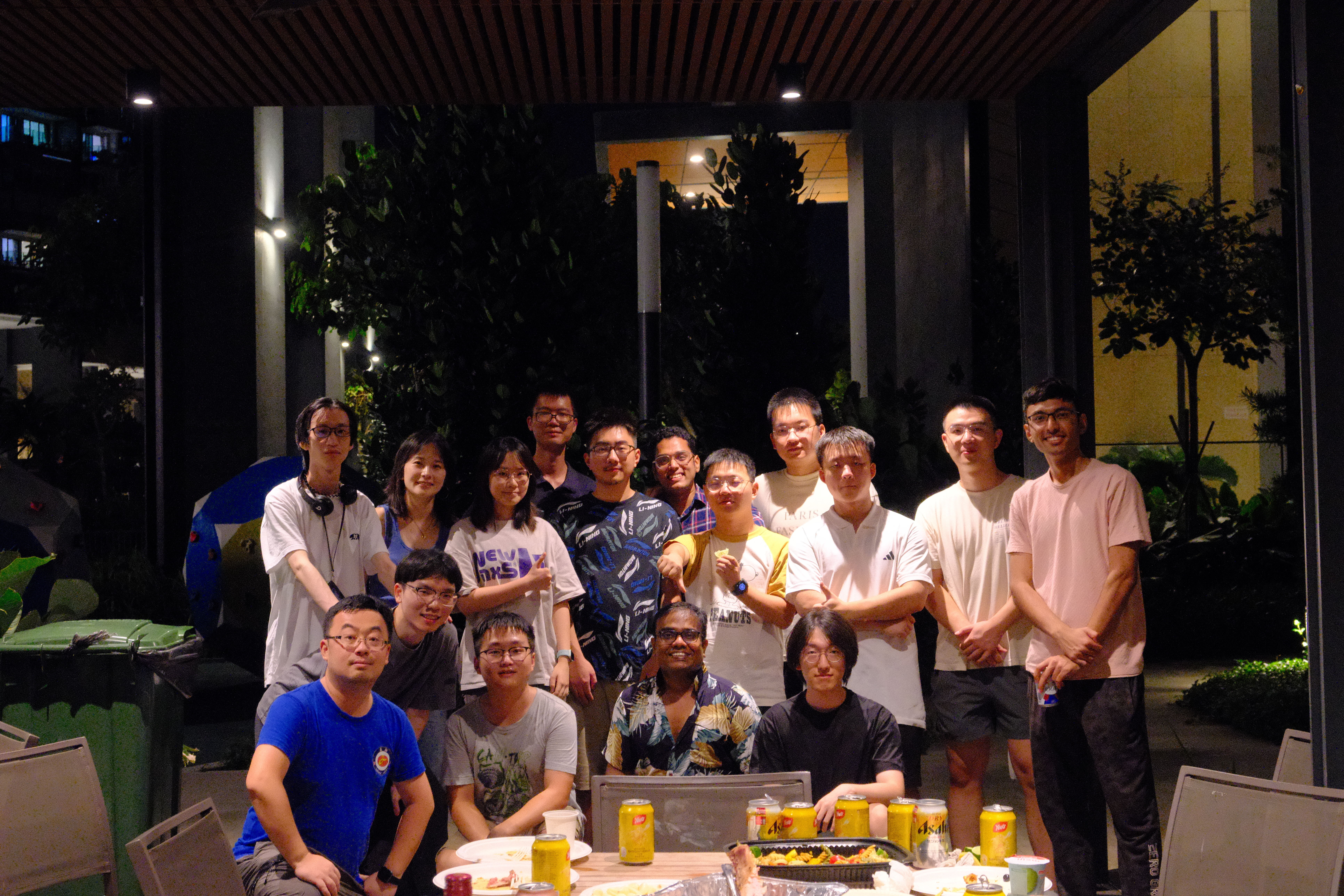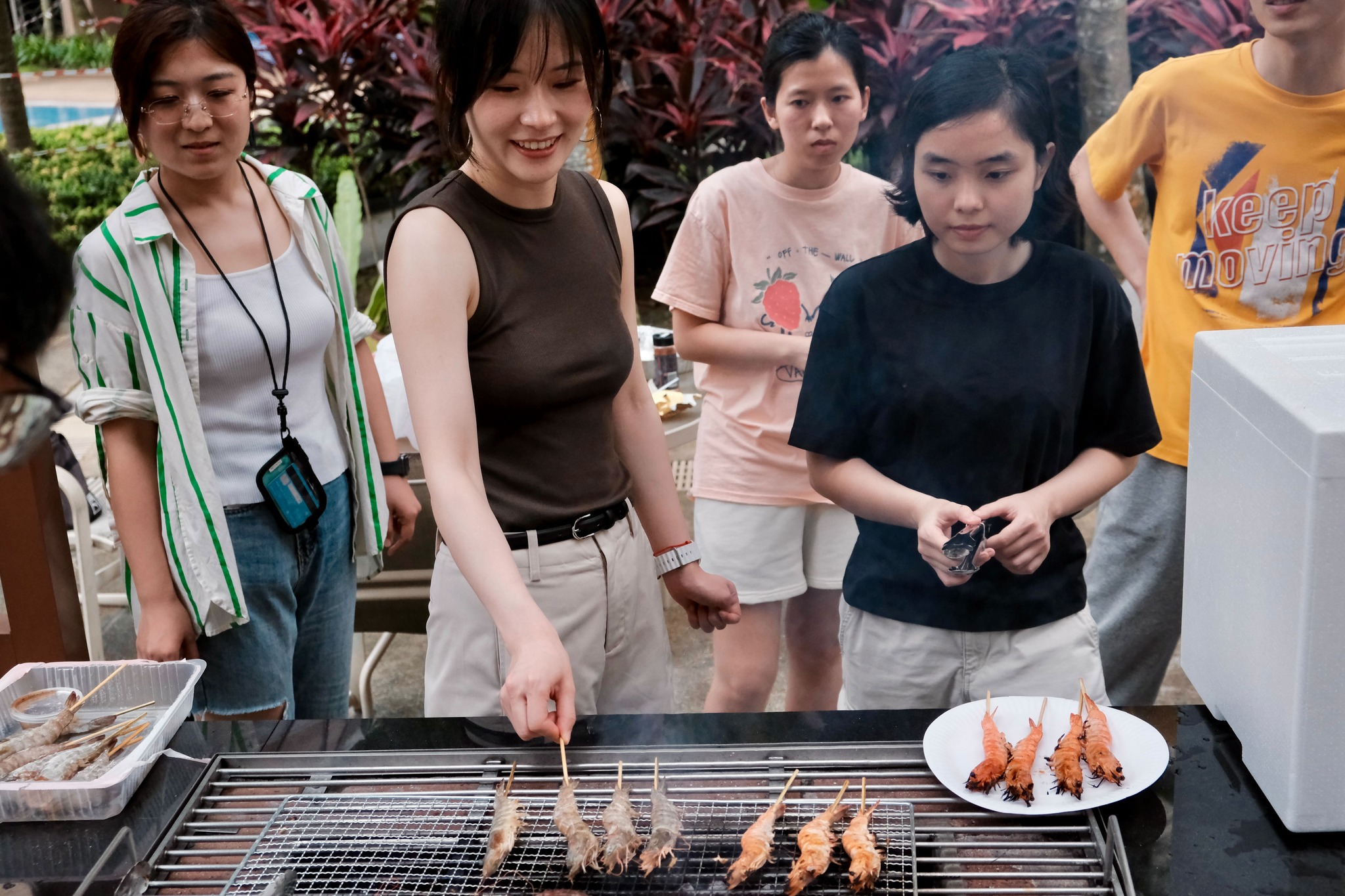What we believe
"Here's to the crazy ones. The misfits, the rebels, the troublemakers, the round pegs in the square holes, the ones who see things differently. They're not fond of rules, and they have no respect for the status quo. You can quote them, disagree with them, glorify or vilify them. About the only thing you can't do is ignore them. Because they change things - they push the human race forward. And while some may see them as the crazy ones, we see genius. Because the people who are crazy enough to think they can change the world, are the ones who do." --Steve Jobs
"The future depends on some graduate student who is deeply suspicious of everything I have said." -- Geoffrey Hinton
CogAI4Sci team
Our research focuses on developing machine learning methods that enable AI systems to autonomously interact with the world and learn generalizable rules from experience in an efficient and creative manner to achieve automatic self-evolution.
Before starting CogAI4Sci team, Dianbo Liu was a group leader at the Broad Institute of MIT and Harvard. Prior to the Broad Institute, Dianbo worked as a postdoctoral researcher with Prof. Yoshua Bengio (a Turing Award winner) and led the Humanitarian AI team at the Mila-Quebec AI Institute. This followed his fellowship training and studies in medical informatics at Harvard Medical School. Dianbo earned his PhD from the University of Dundee, Scotland, under the supervision of particle physicist Prof. Timothea Newman. During his doctoral studies,he received the Vest Principal Scholarship from the Massachusetts Institute of Technology (MIT) and was a special graduate student at the MIT Computer Science and Artificial Intelligence Lab. Dianbo also co-founded two start-ups, "GeneTank" and "SecureAILabs," to advance AI applications in sciences during his training.
Research aims
Our team work on 3 types of Automatic AI Engines, which we refer to as 3 "As"
AI or AI that improves AI. We design machine learning models to autonomously to design and conduct interactions with environment and data to learn from experience aiming at self-evolution. The focus is on post-training of LLMs and memory of agentic systems to learn from experience instead of human data
We improve creativity of generative machine learning models and enable them to propose novel contents, focusing on post-training of LLMs and foundamental mechanisms of diffusion.
We use self-evolving AI with improved creativity to help make new discoveries in biomedical sciences
Team
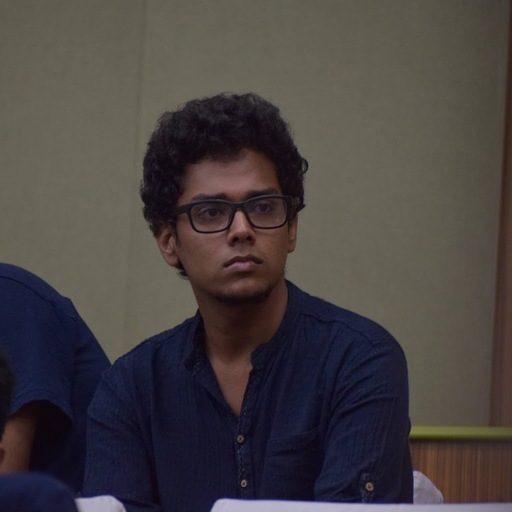
Abhijeet Sinha (PhD candidate. Post-training of LLM, RL. Previous: IIT, Madras, India)
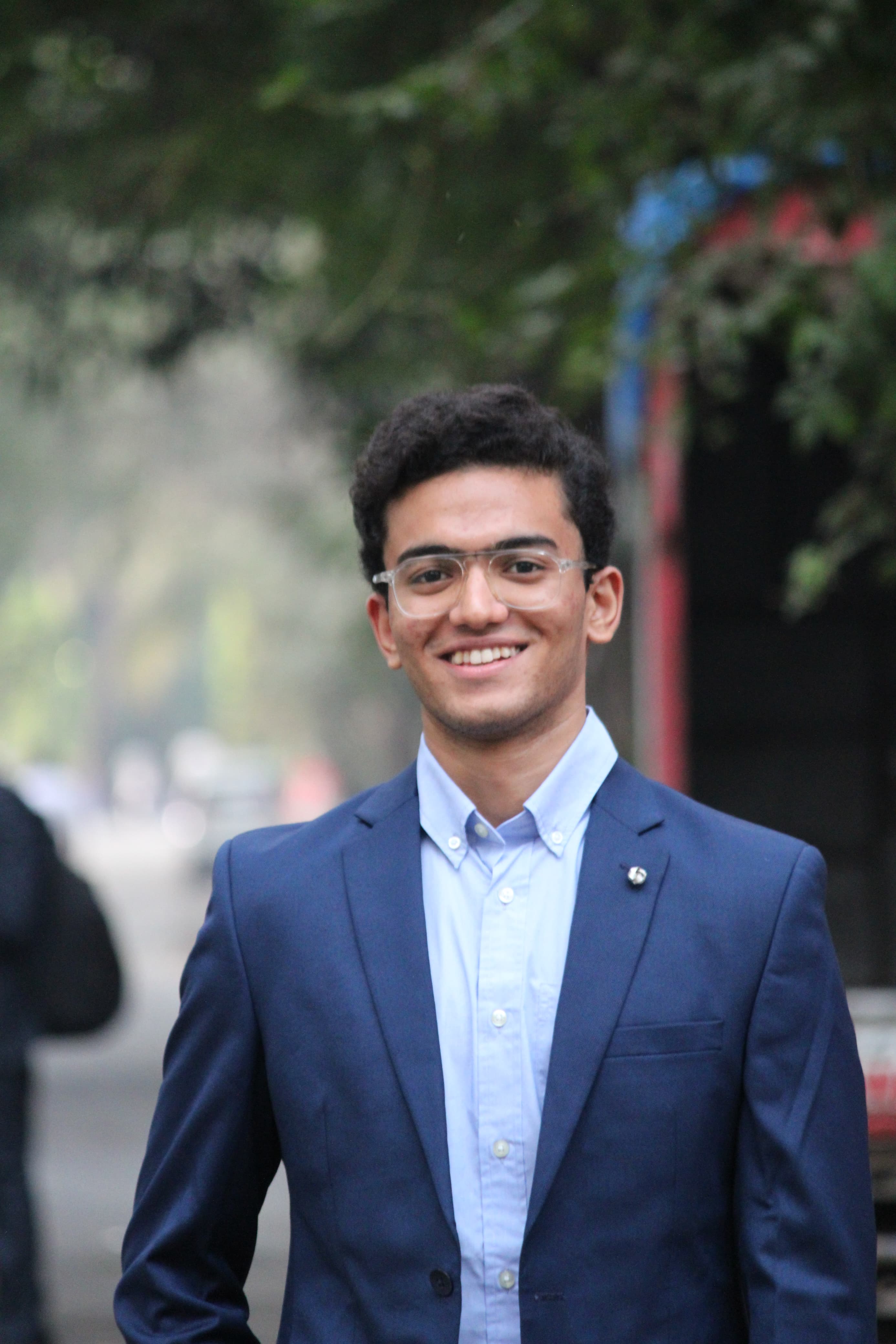
Abihshek Das(Intern. Diffusion. From IIT, Guwahati, India)
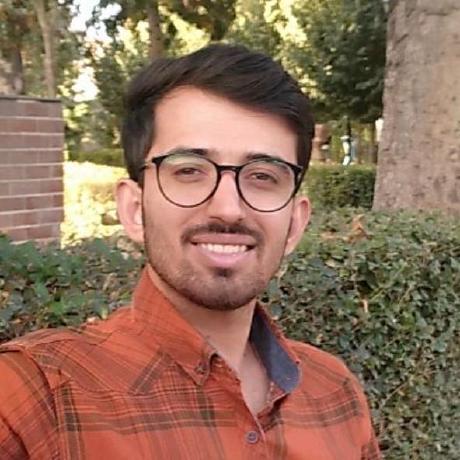
Arash Lagzian(Visiting Scholar. Creativity and Optimization. From Sharif U. of Tech,Iran)
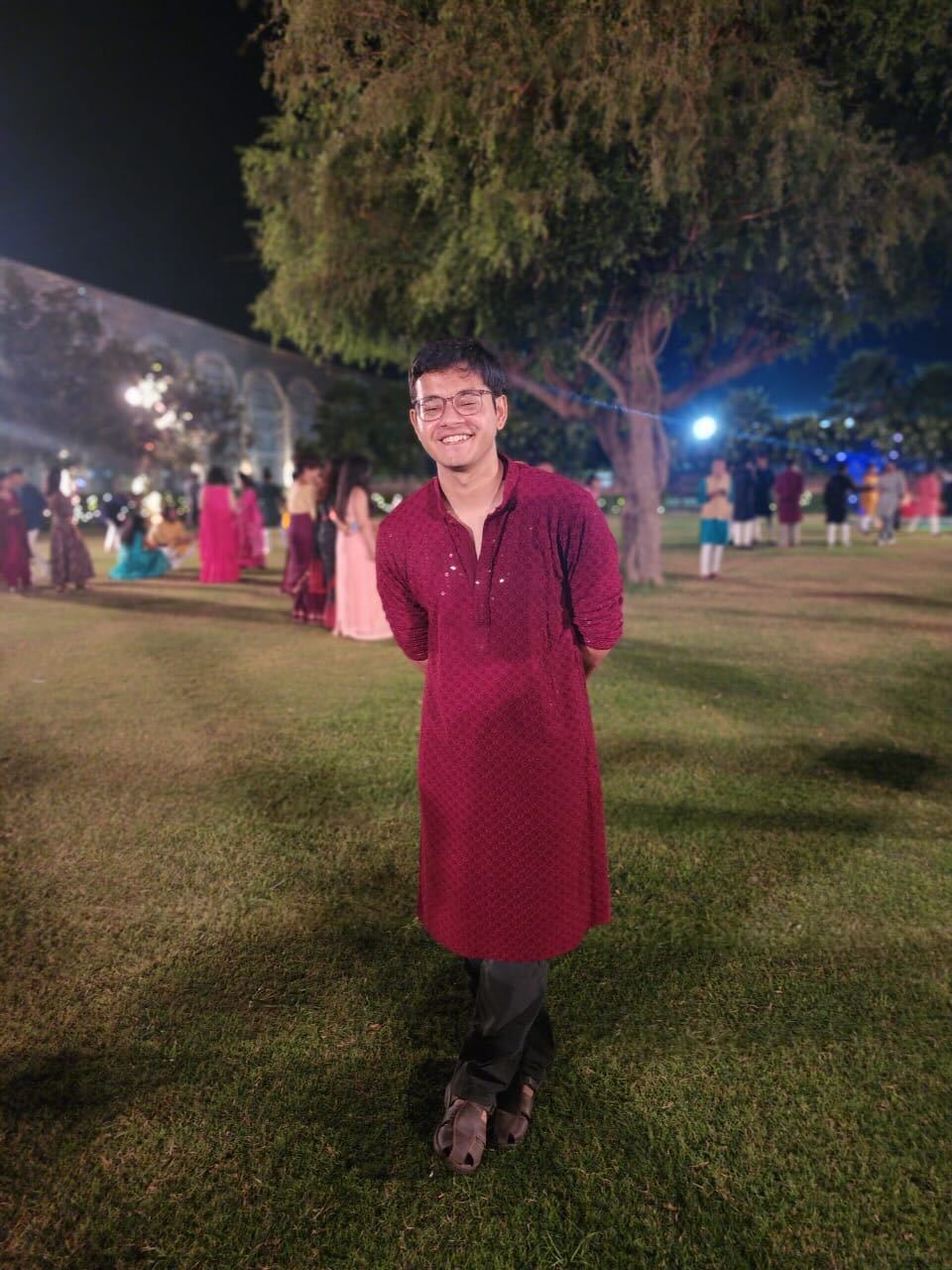
Ayush Gulati(Intern. Memory. From IIT Jodhpur,India)
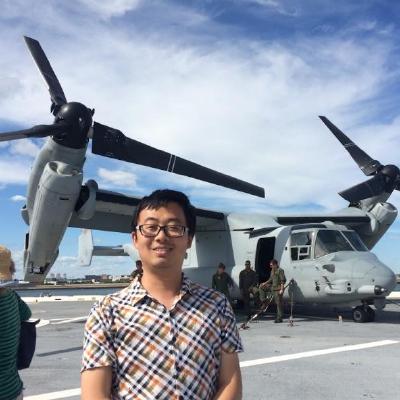
Dianbo Liu (Principal investigator)
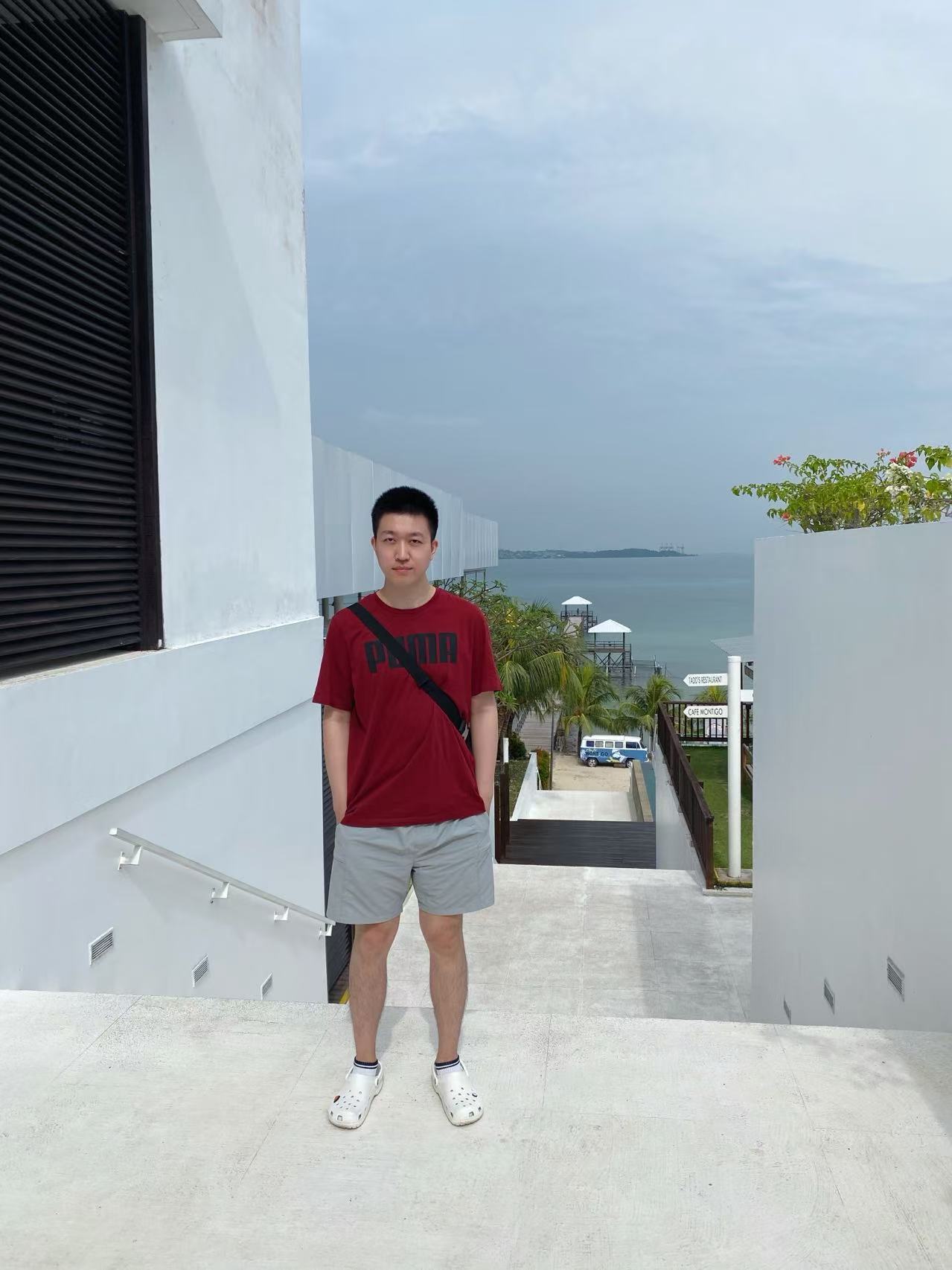
Hengtong Li (PhD candidate. Co-adv. with Ching-Yu Cheng. Biomed. Previous: NUS)
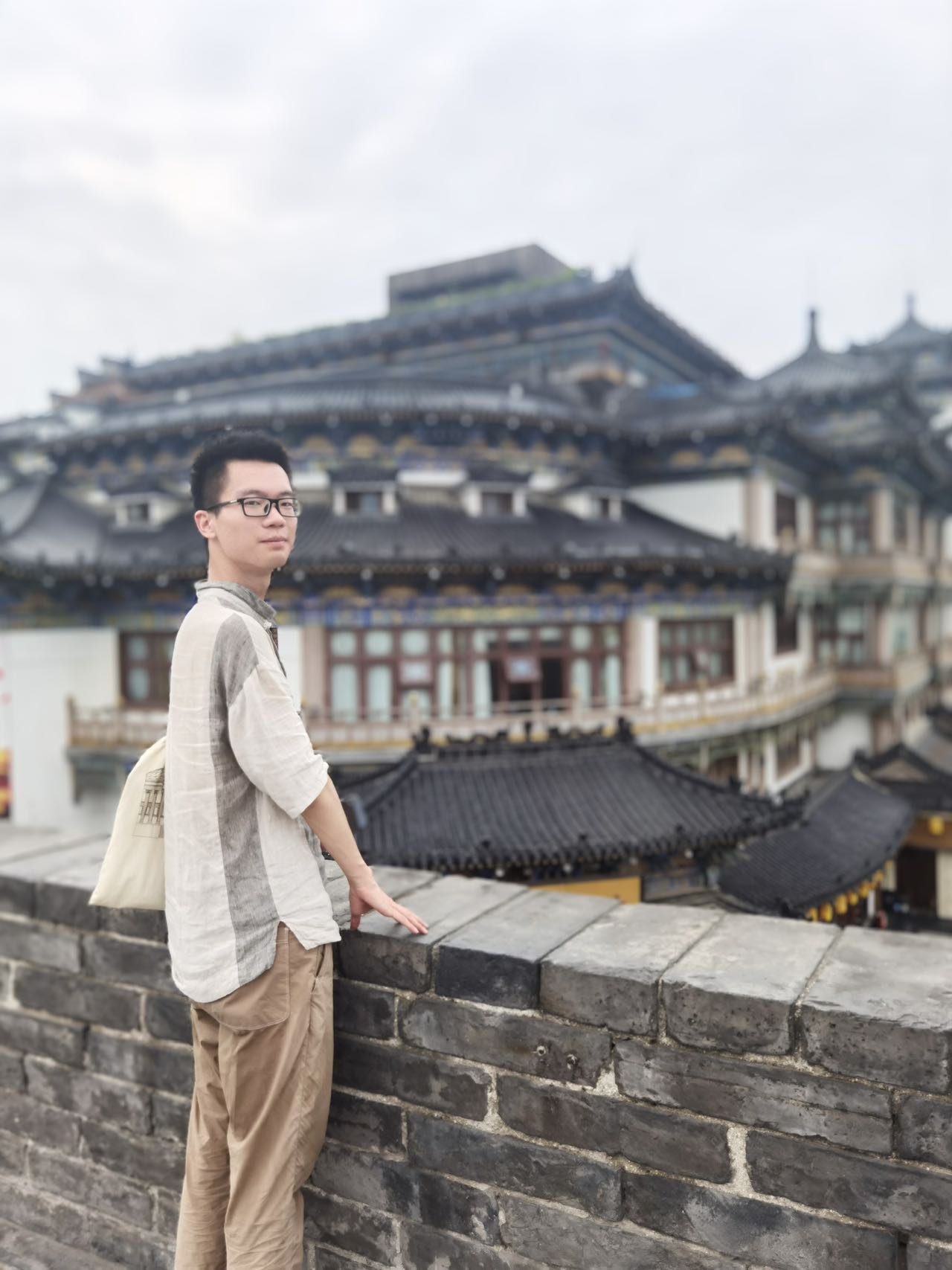
Hongyu He (PhD candidate.Automatic Discovery Engine, Creativity. Previous: Duke U., USA.)
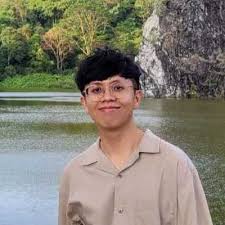
Jing Yu Lim (PhD candidate co-adv. with Tze Yun Leong. World model, RL. Previous: NUS, Singapore)
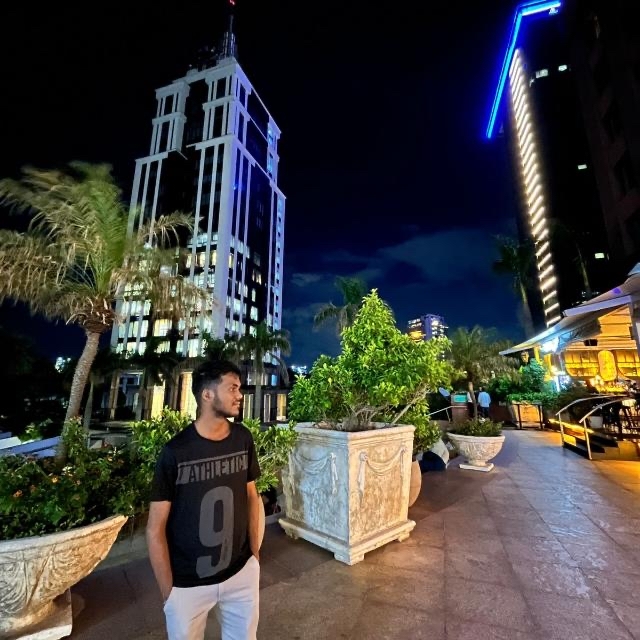
Karaka Prasanth Naidu(Intern. Creativity. From IIT Dhanbad,India)
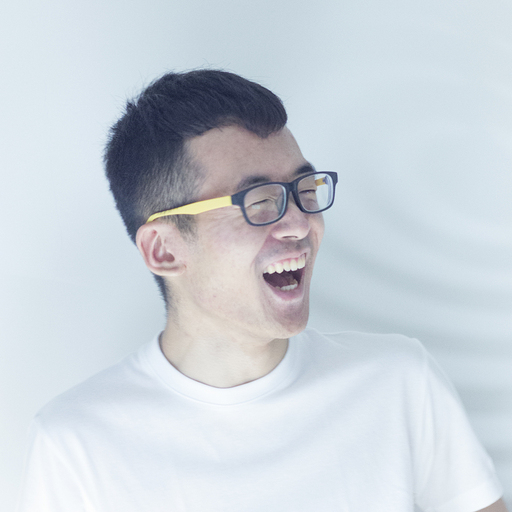
Mike Zhu(PhD candidate at McGill U, Canada, co-adv. with Yue Li. Biomed)
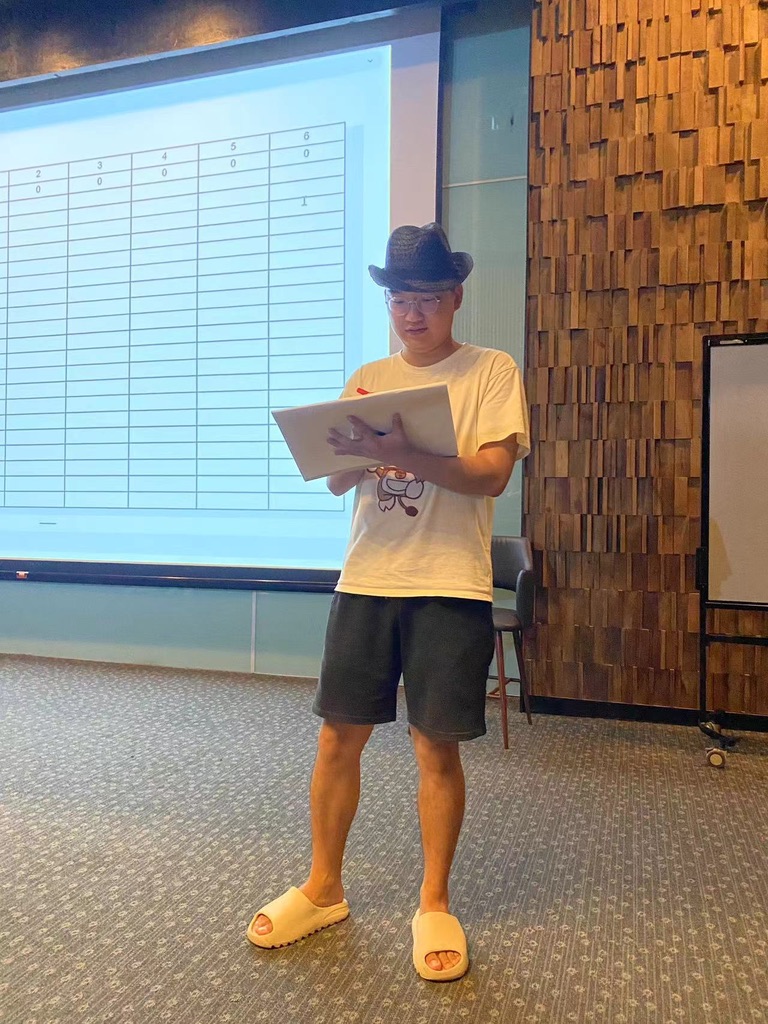
Peisong Zhang (master student at NUS. Biomed)
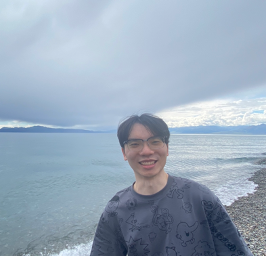
Qiran Zou (PhD candicate co-adv. with Dean Ho. Automatic Evolution Engine.Previous: Tsinghua U, China)
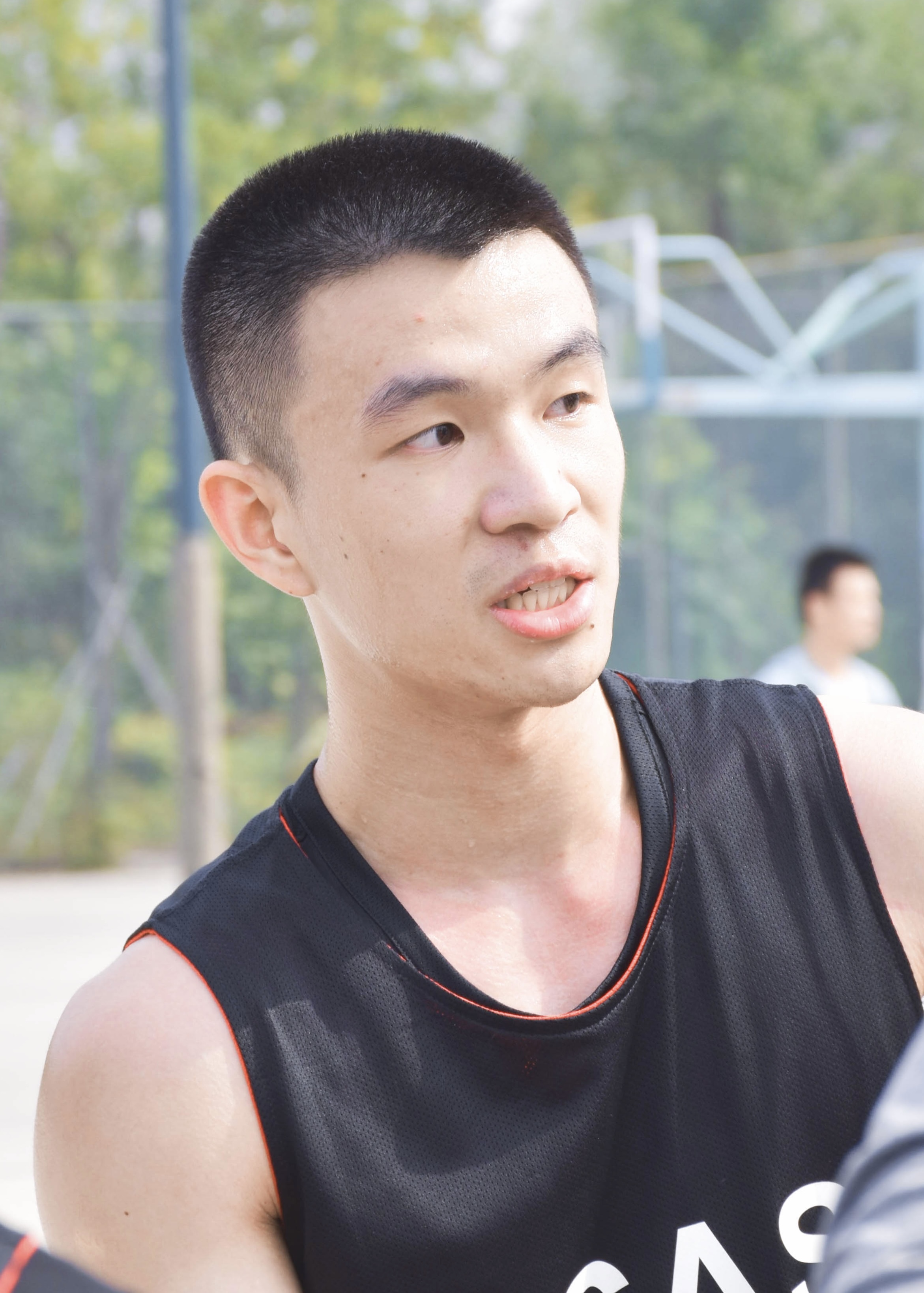
Qifei Wang (Visiting scholar from Chinese Academy of Sciences)
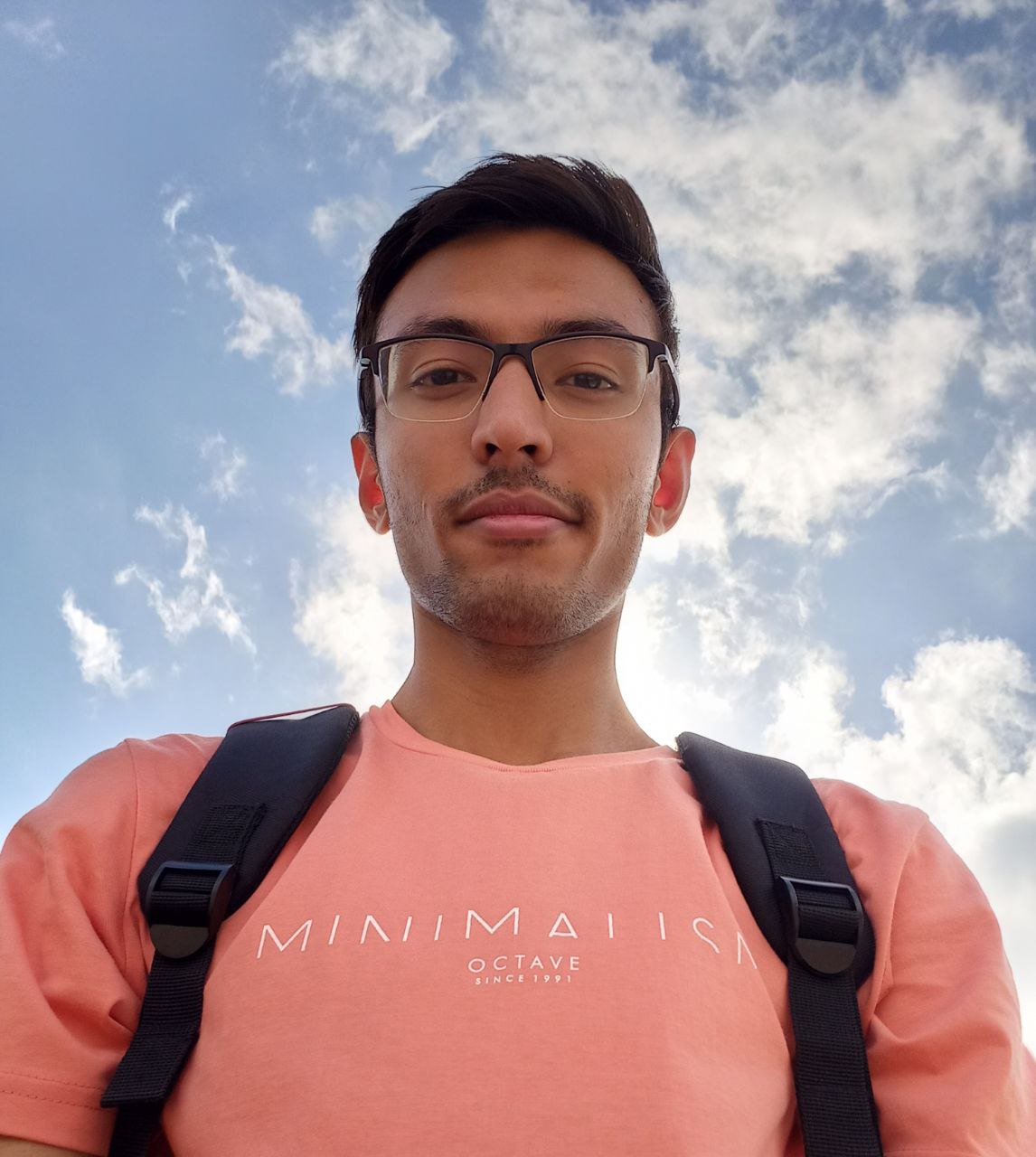
Rushi Shah (PhD candidate. Creativity. From IIT, Jodhpur, India.)
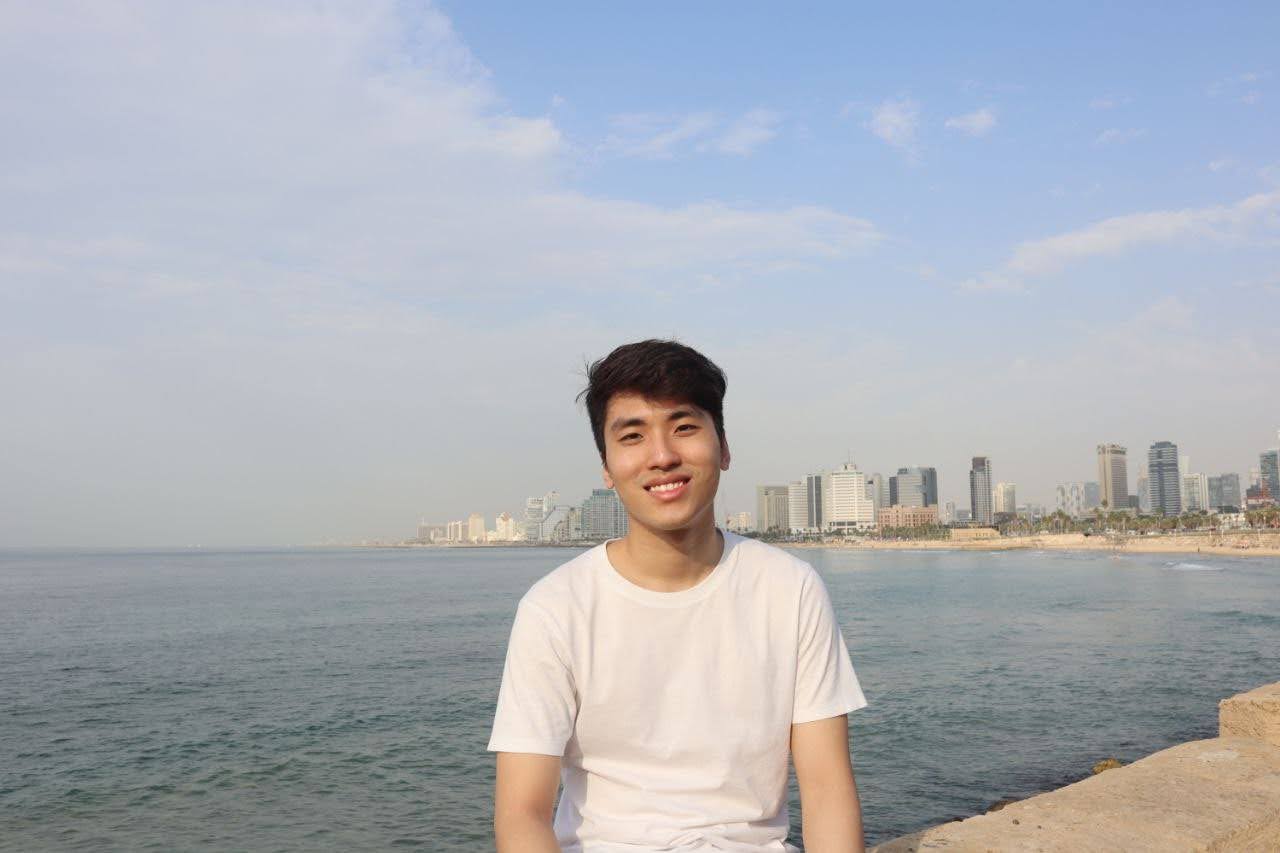
Samson Yu Bai Jian (PhD candidate co-adv. with Helen Zhou. Creativity. Previous: NUS)
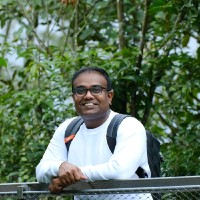
Srinivas Anumasa (Postdoc researcher. Creativity, Diffusion .Previous: IIT Hyderabad, India. )
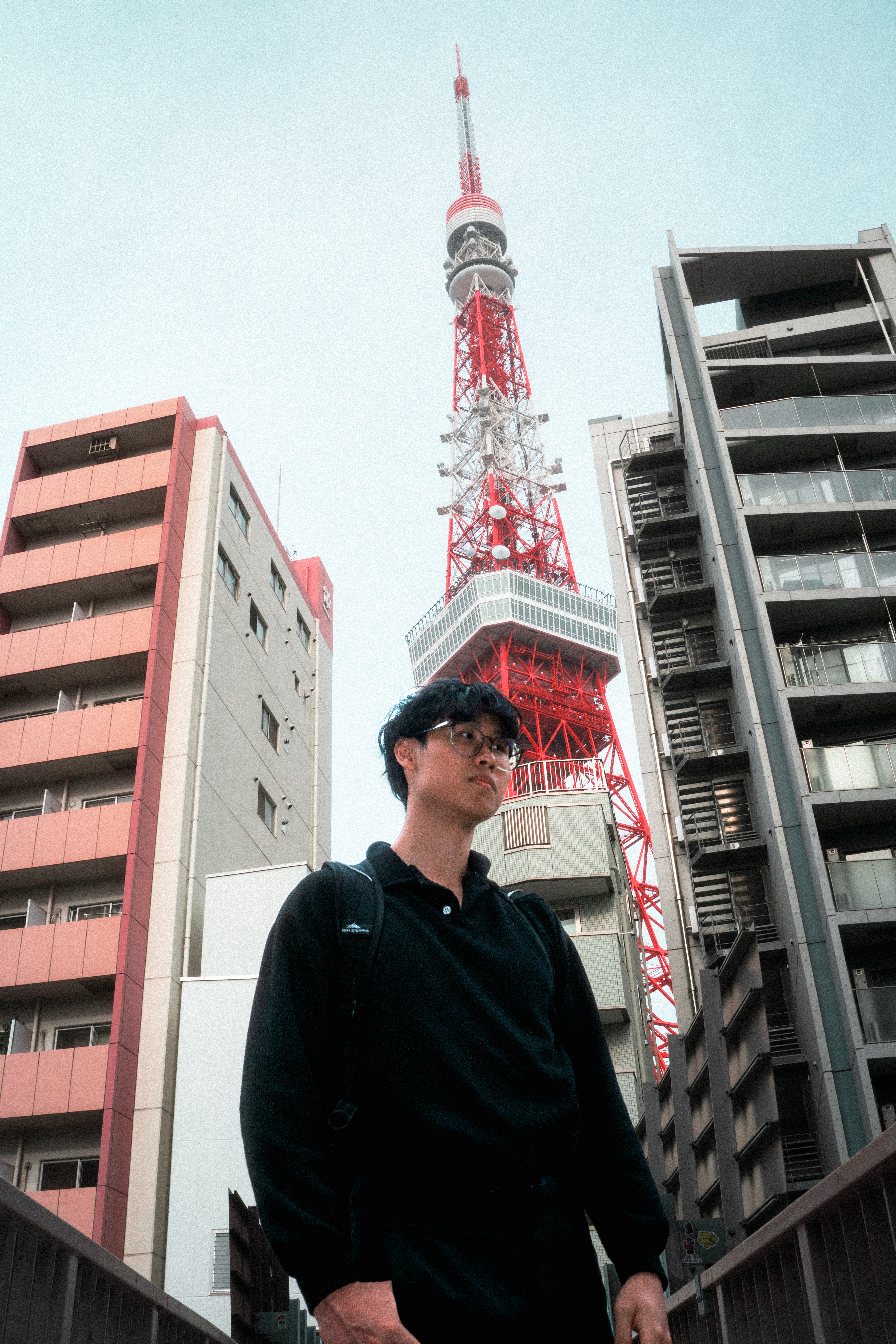
Terence Nguang Yi Jie (Intern. Creativity.From Singapore army)
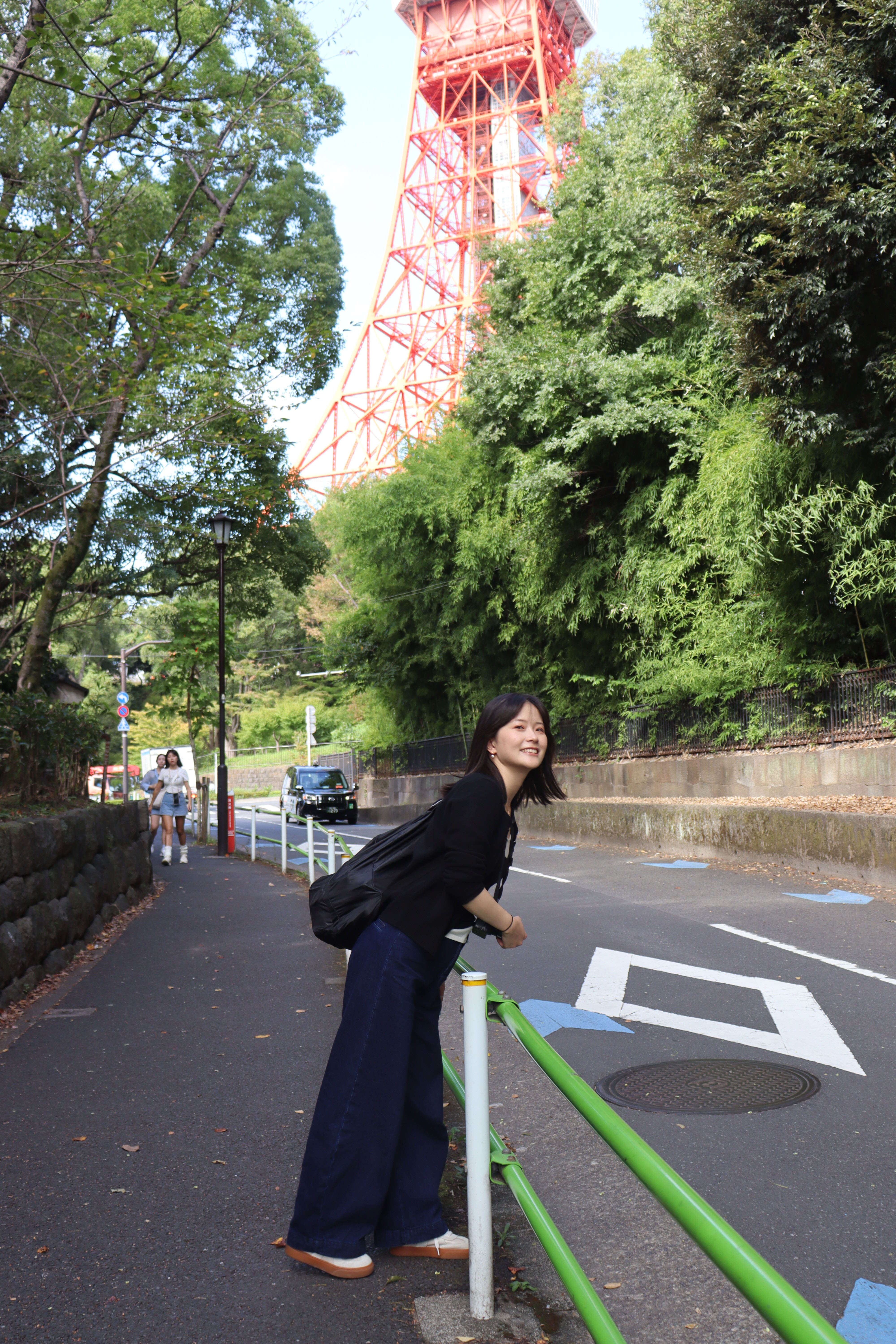
Ting Xu (Postdoc, co-adv. with Ching-Yu Cheng. Biomed .Previous: USTC,China)
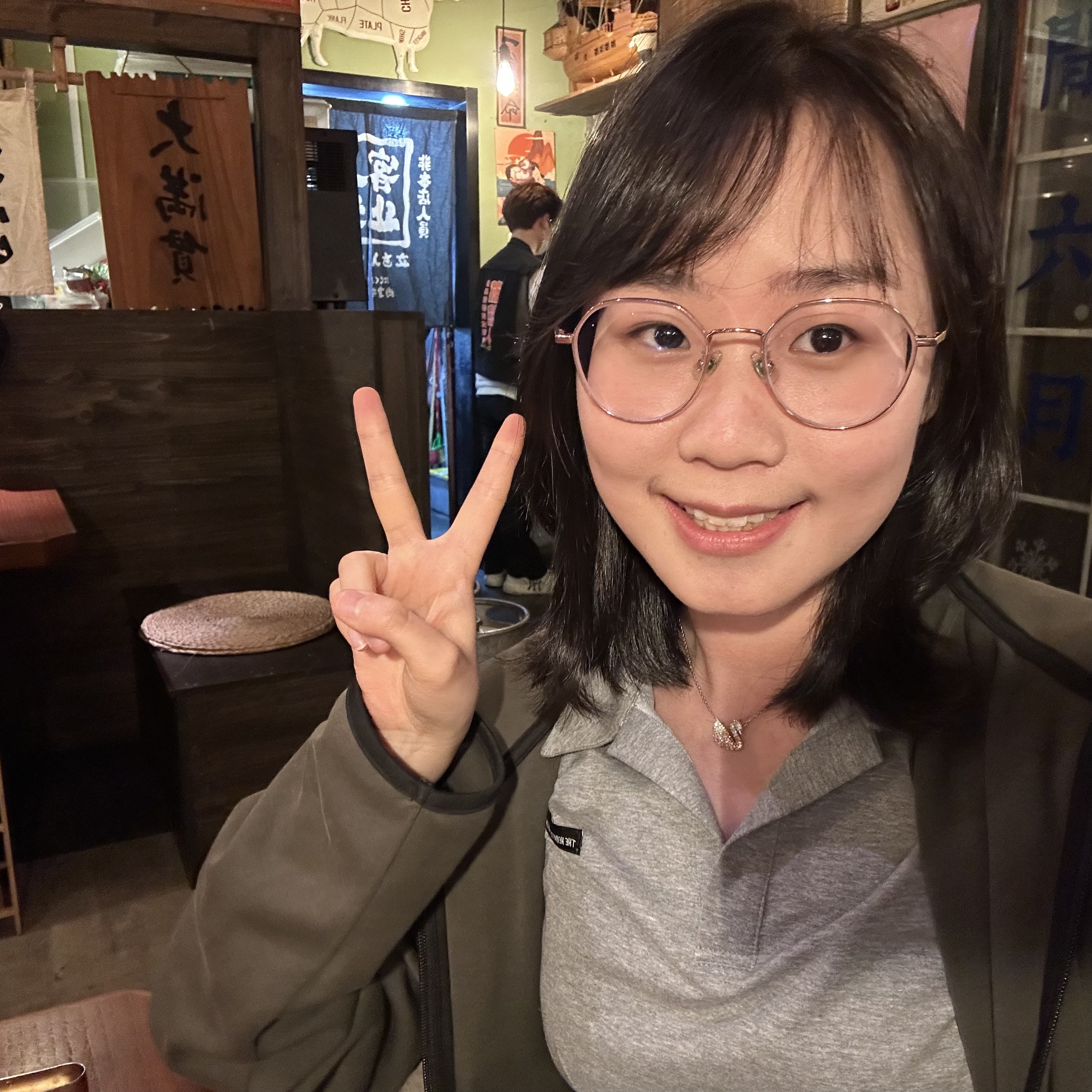
Tingting Chen (PhD candidate co-adv. with Ching-Yu Cheng. Automatic Evolution/Discovery Engine.Previous: UNSW,Australia.)
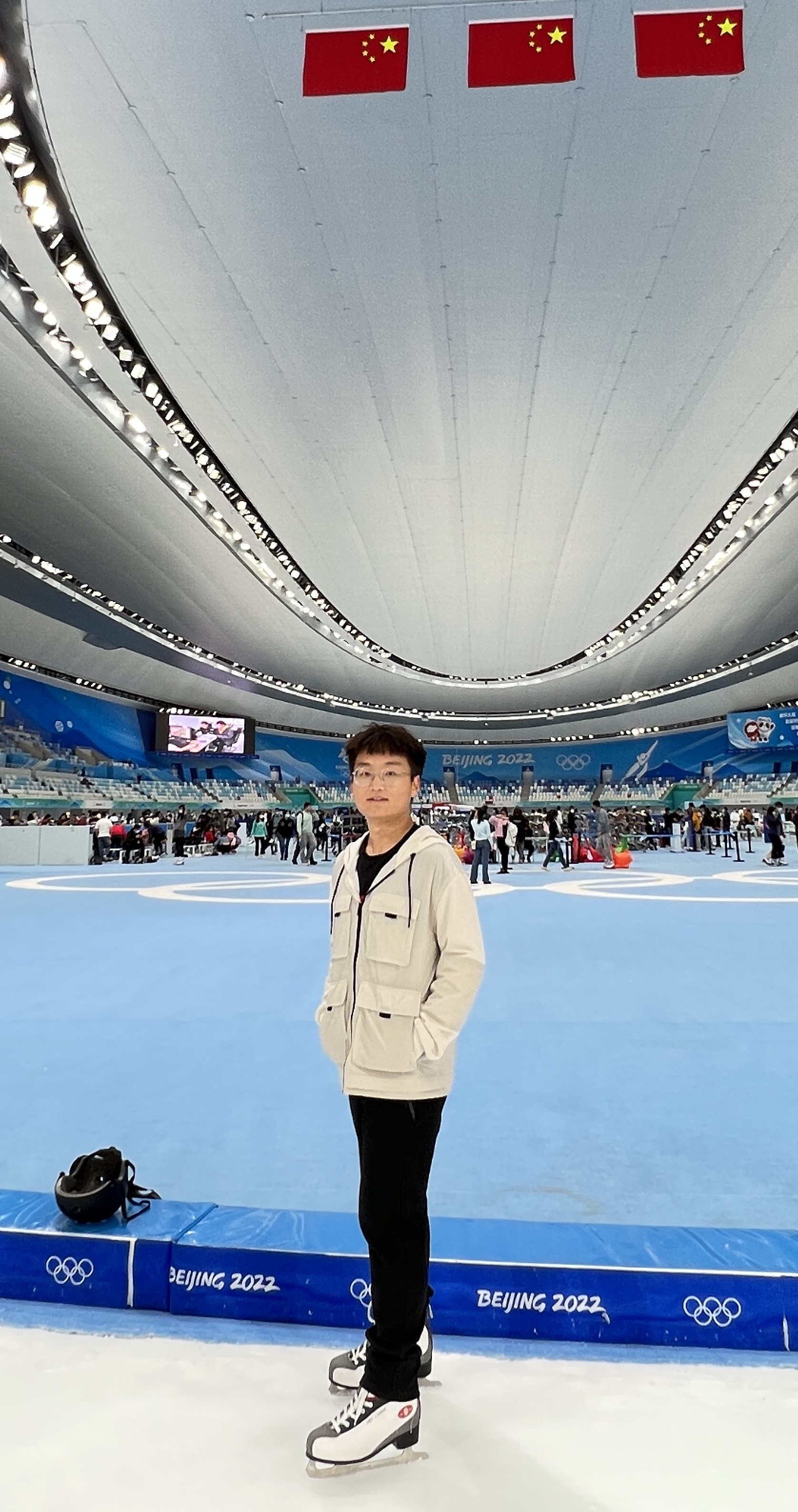
Wenhao Zhao (PhD candidate. Creatvity, MLLM .Previous: Beihang U,China )
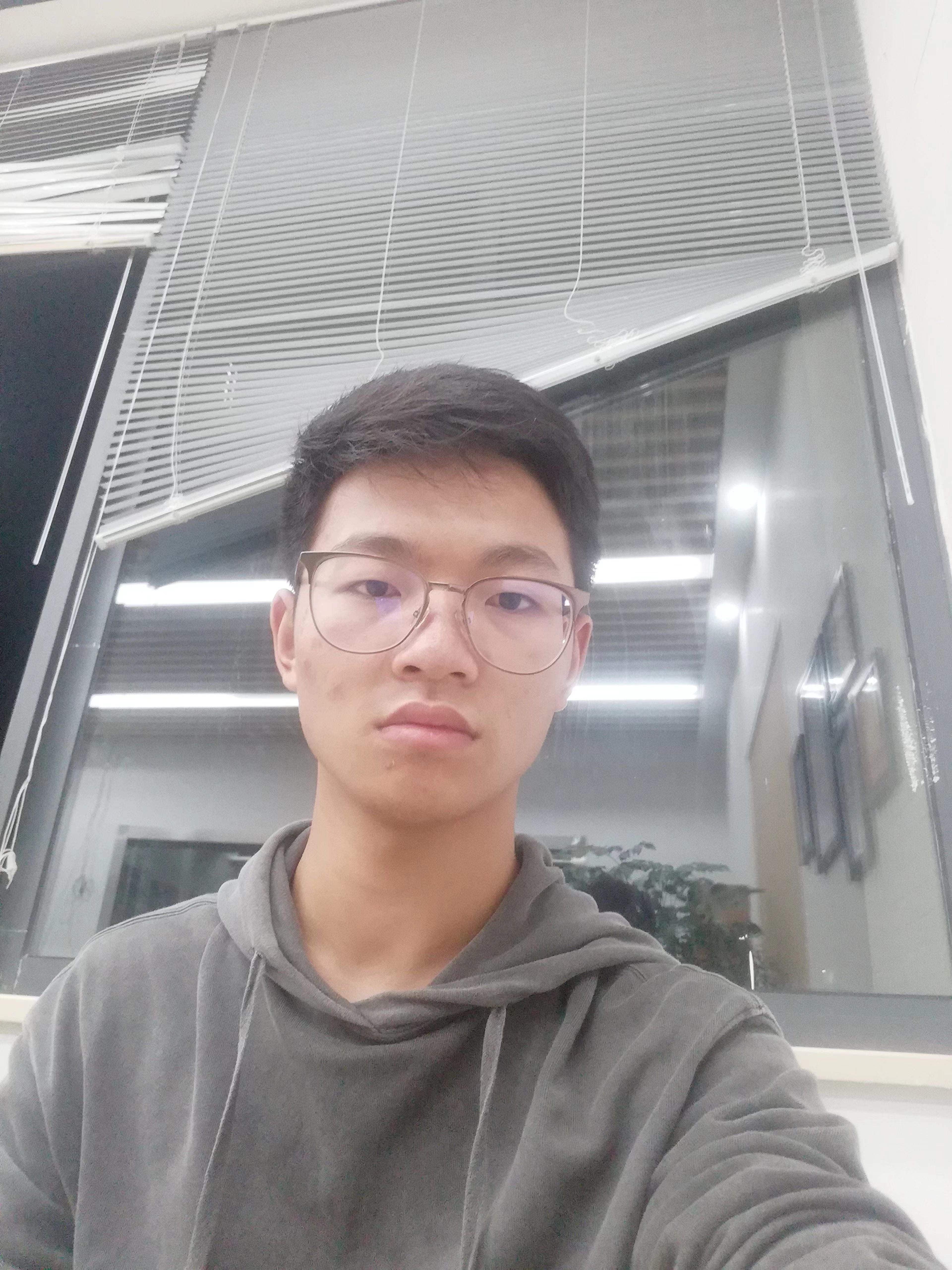
Xuming Ran (PhD candidate co-adv. with Ching-Yu Cheng.Memory,Continual learning.Previous:Chongqing Jiaotong Uni, China)
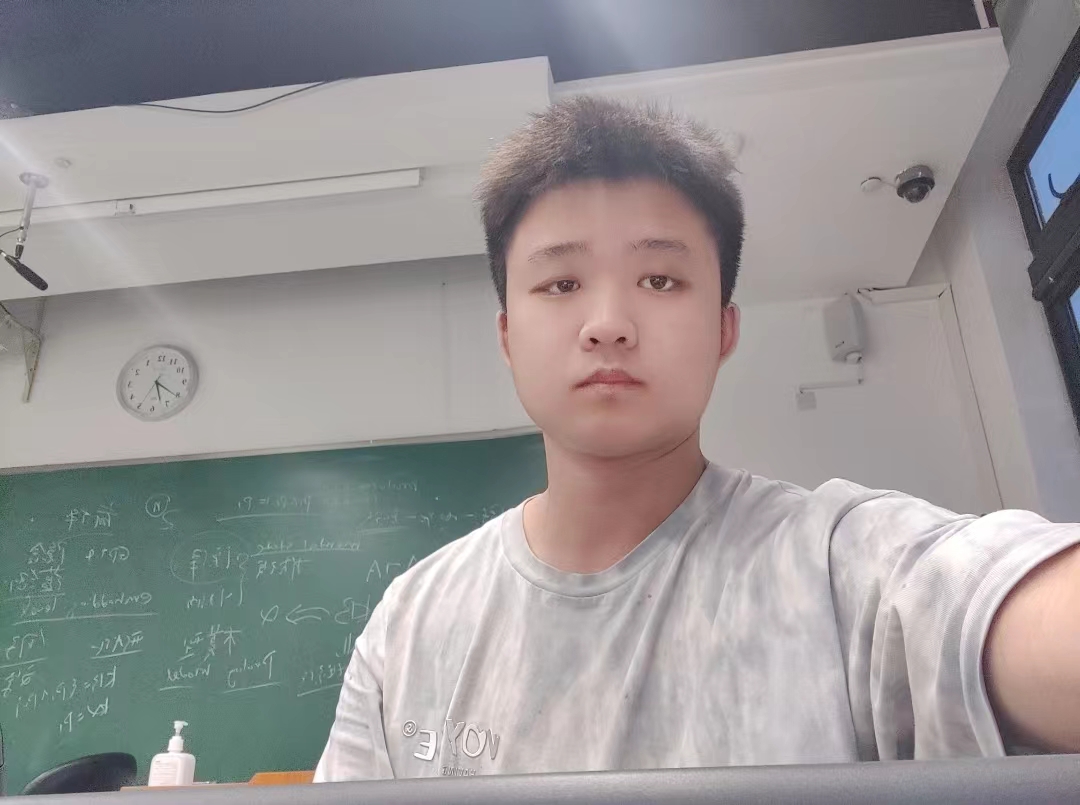
Yiming Tang(PhD candidate,MLLM, Previous: Peking U, China.)
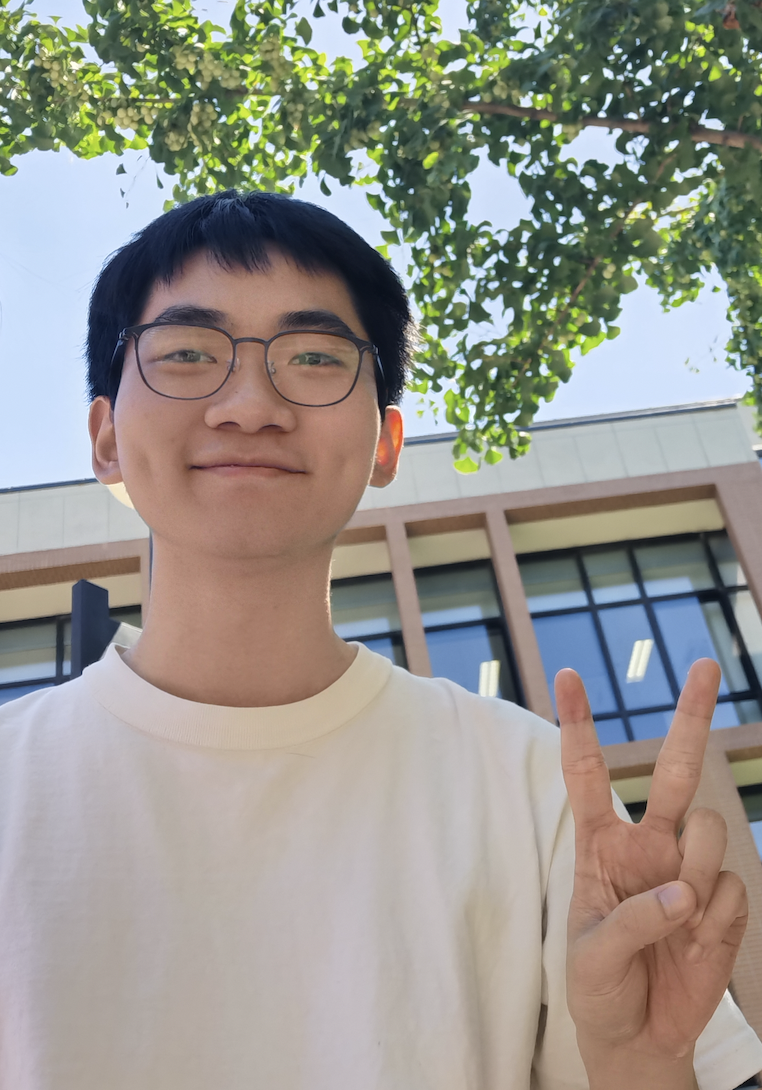
Yingtao Zhu (Clinical MBBS student Joint Tsinghua-NUS. Creativity, biomed)
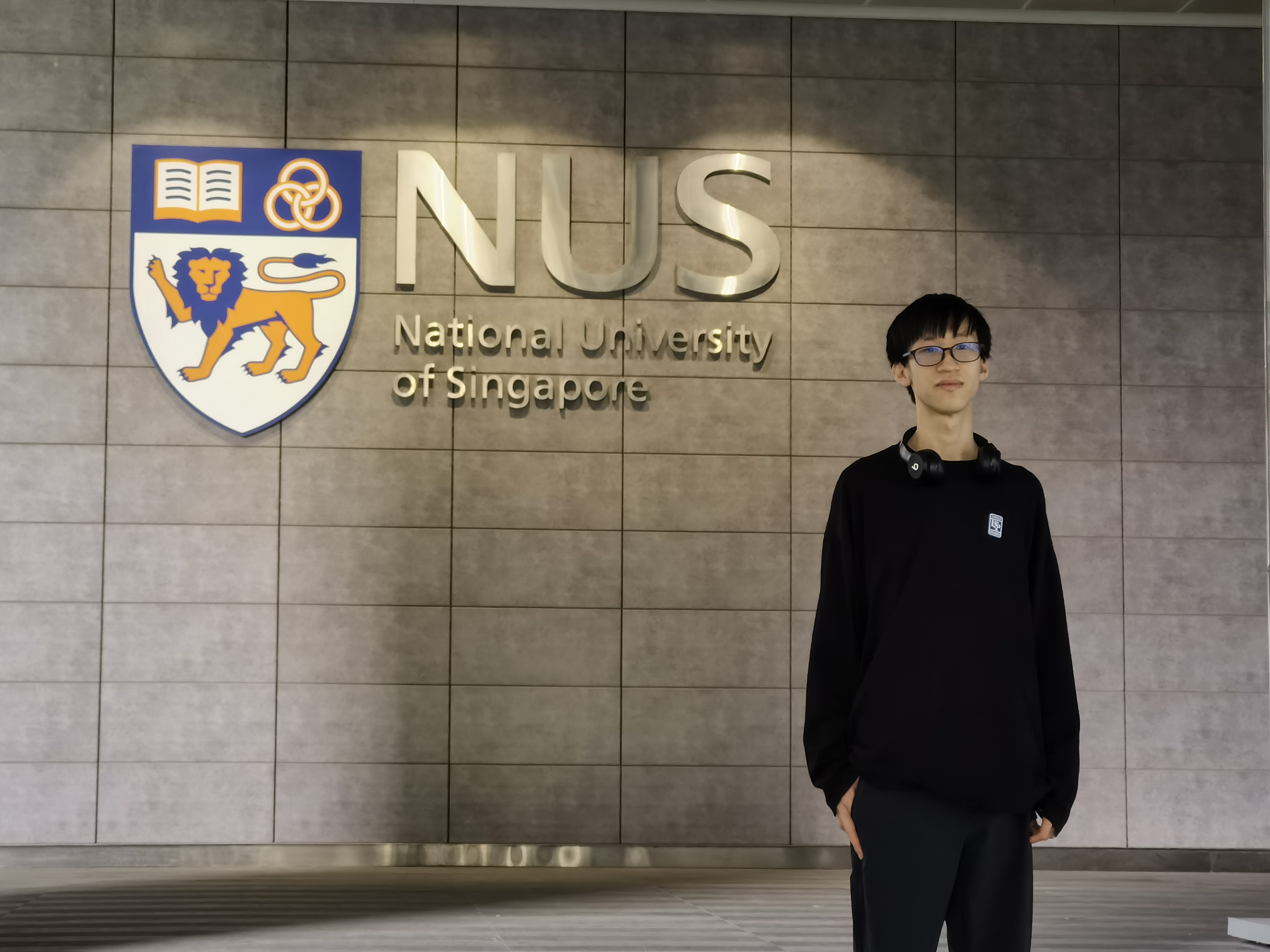
Yuxuan Wu (Visiting scholar from Shanghai Maritime U, China.)
Personal page

Ye Zhang(Visiting faculty from Tongren Hospital, China. Medicine)
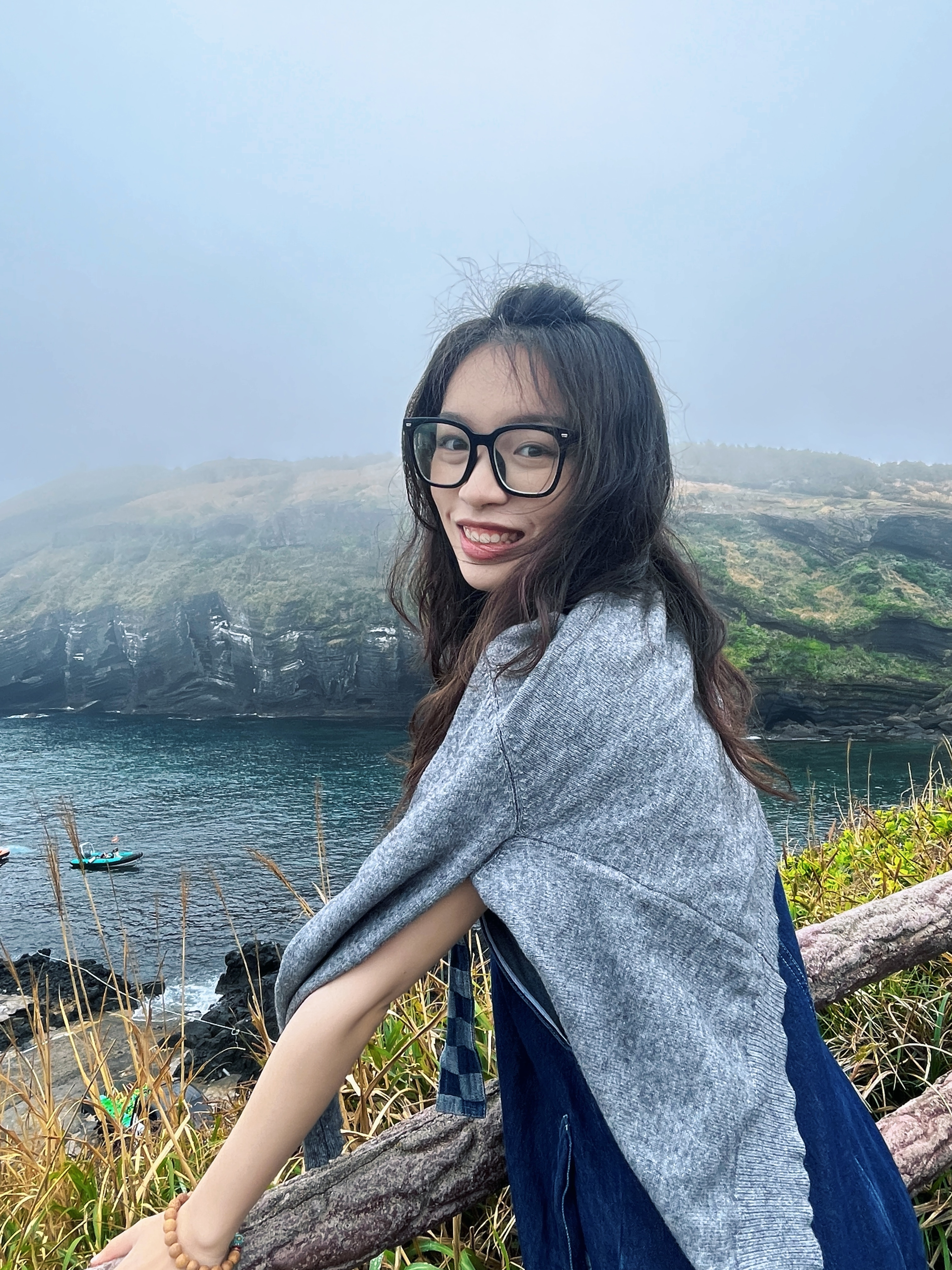
Yizhen Liao (PhD candidate. Creativity. From Tsinghua U, China.)
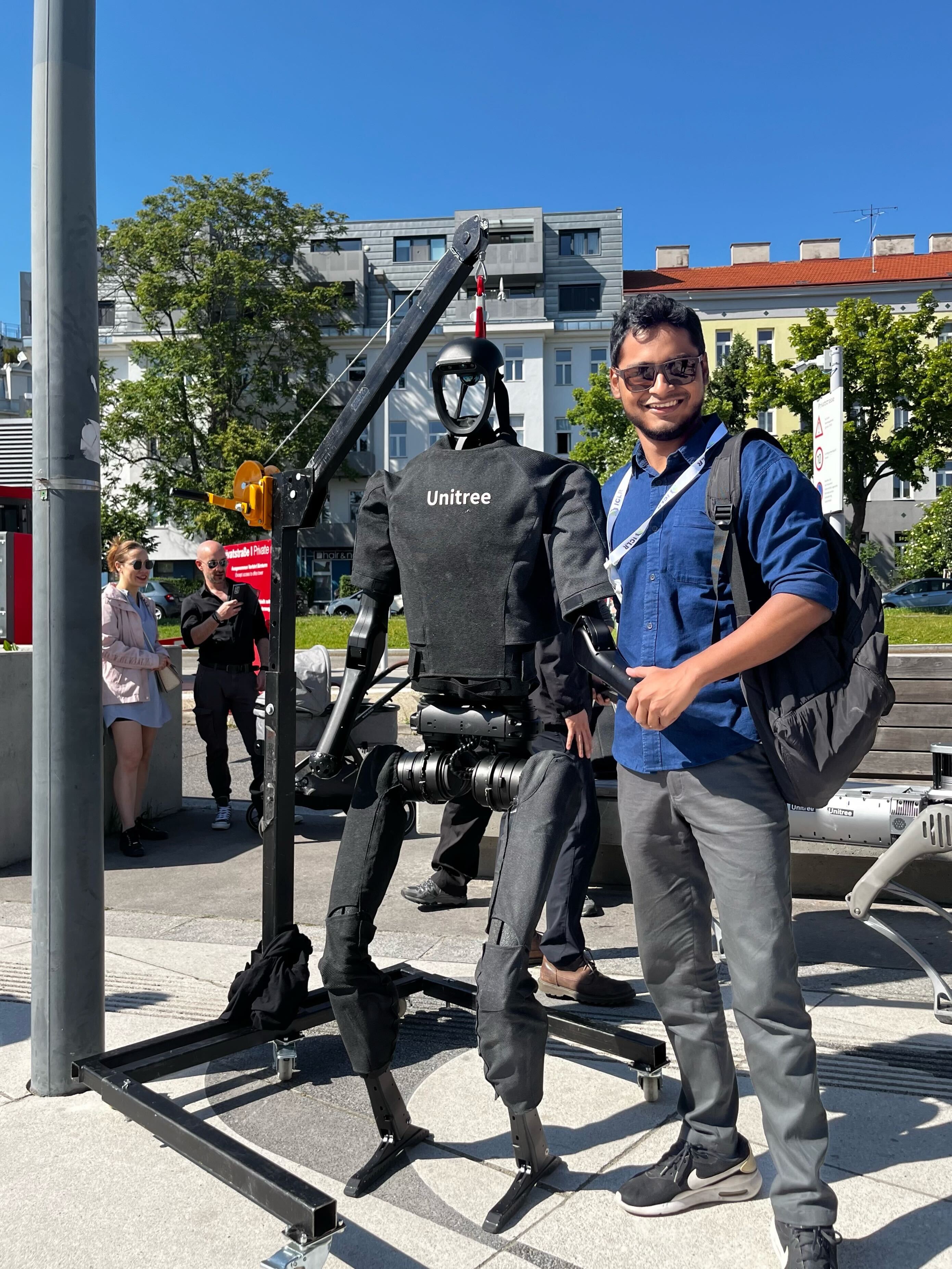
Zarif Ikram (Visiting scholar. World model,RL .From Bangladesh University of Engineering and Technology. )
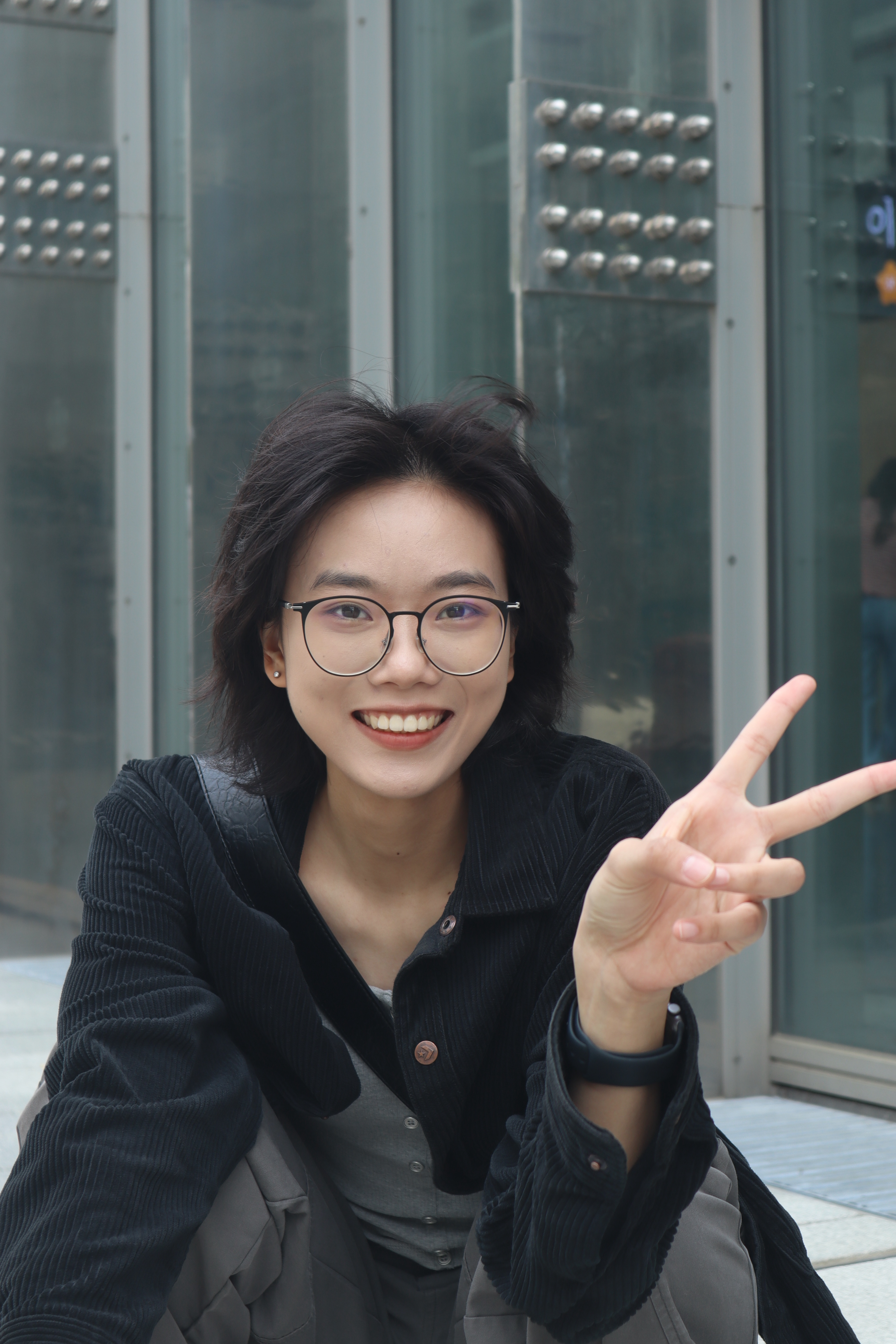
Jiani Li (intern, from NUS, Singapore)
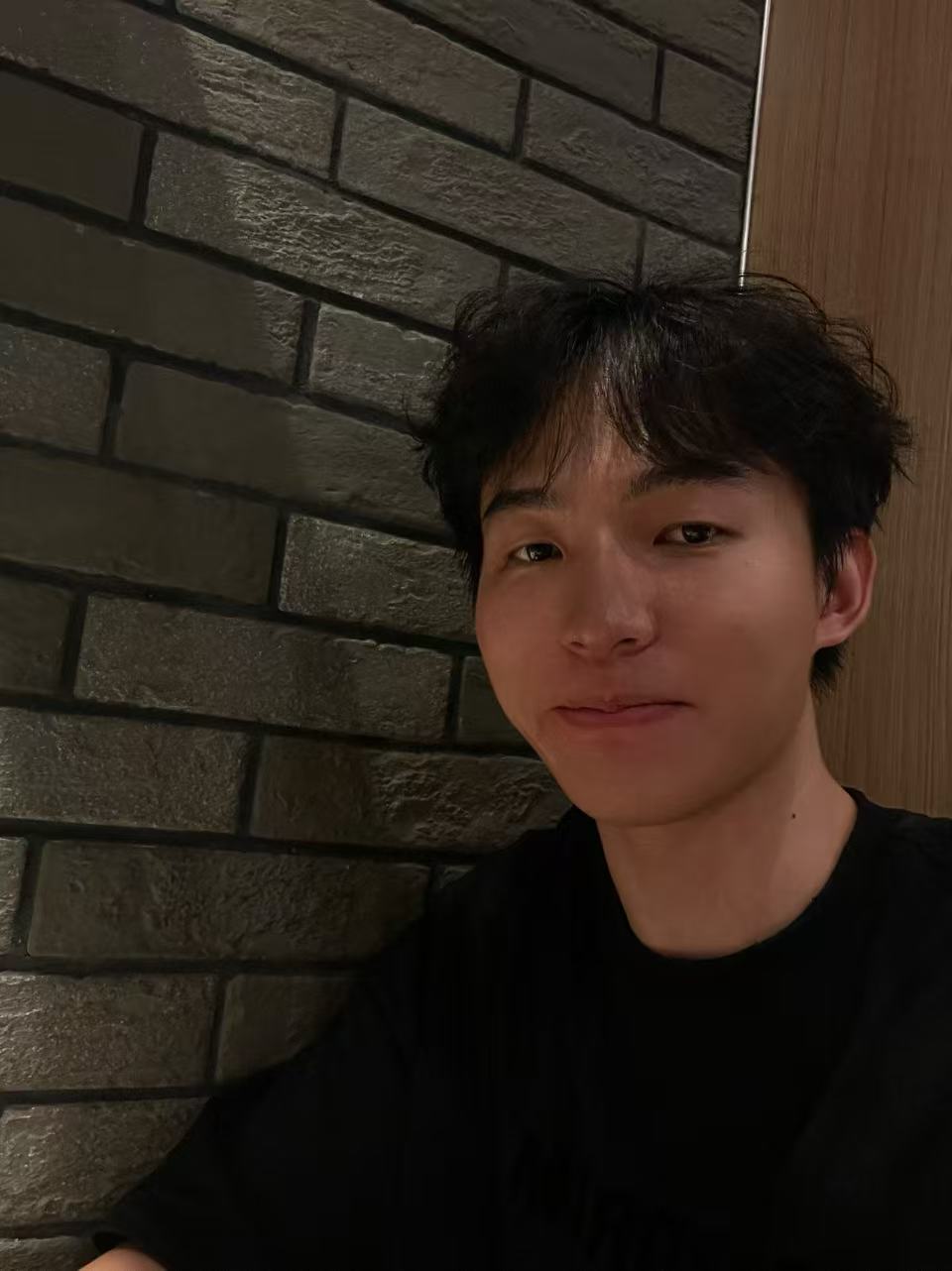
Haotian Zheng (intern, from SHJT Uni.,China. Next: Back to SHJT)
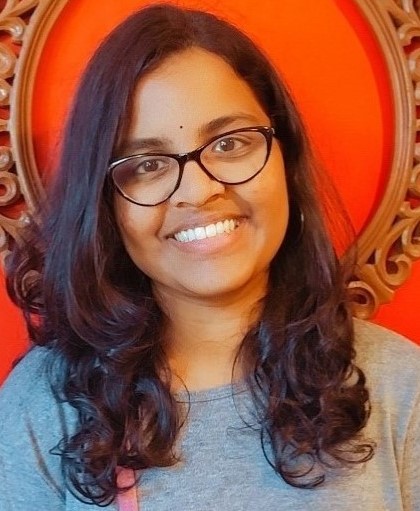
Ashinee Kesanam(Intern from NIT Karnataka, India. Next: back to India)
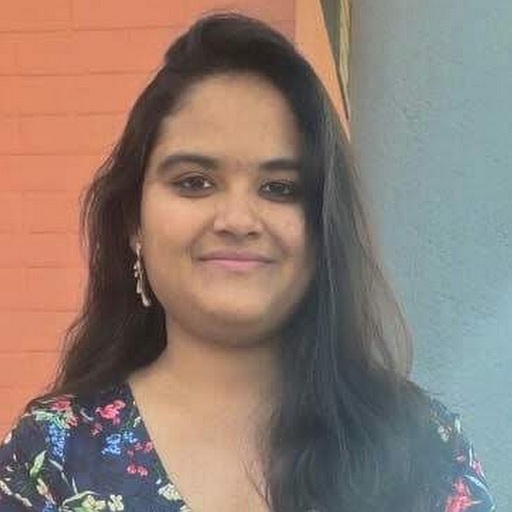
Nirlipta Pande (intern, from BITS, Pilani, India. Next: PhD in Europ)
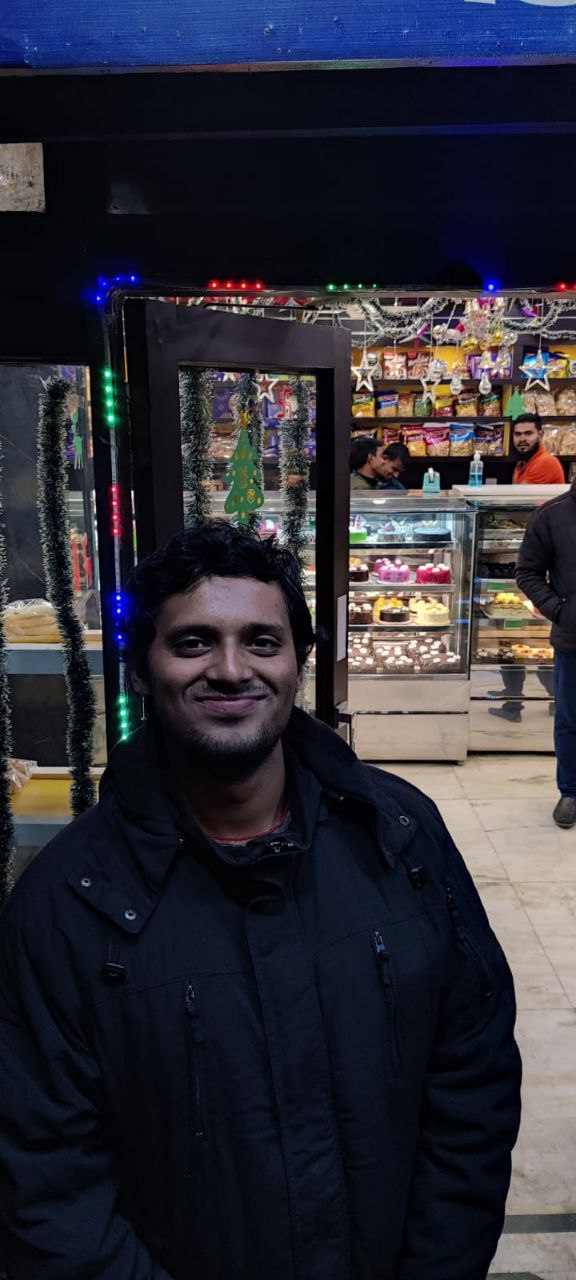
Anirudh Prabhakaran(Intern from NIT India. Next:Uber)
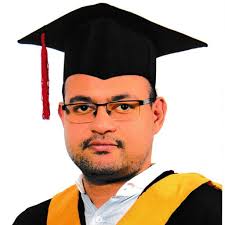
Zarif Bin Akhtar (Intern from American International University-Bangladesh. Next: Back to Bangladesh)
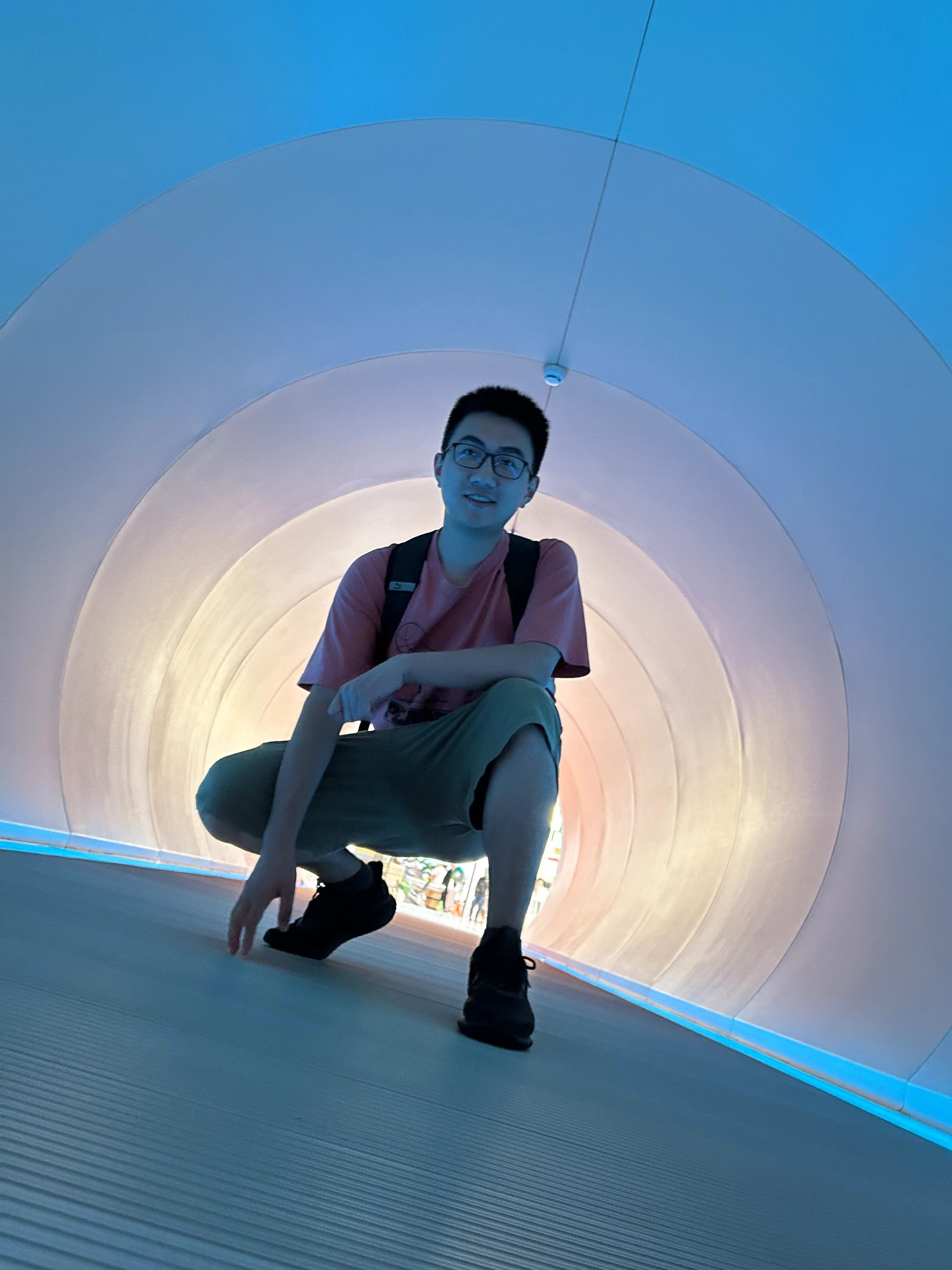
Xianrui He (Master's student at NUS, Next:)
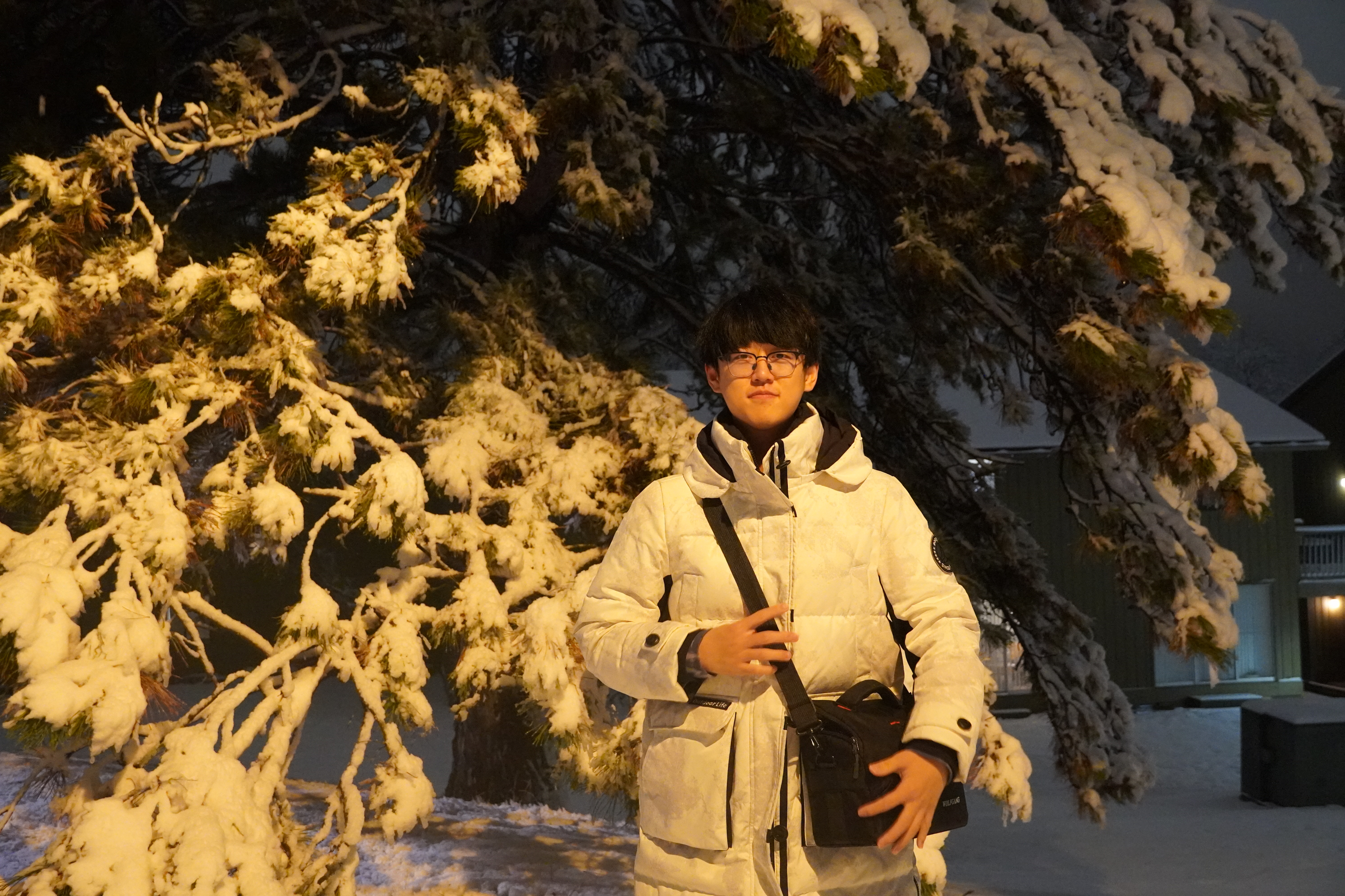
Zexian Wang (Intern from Tsinghua U/UMichigan. Next: Phd at NUS )
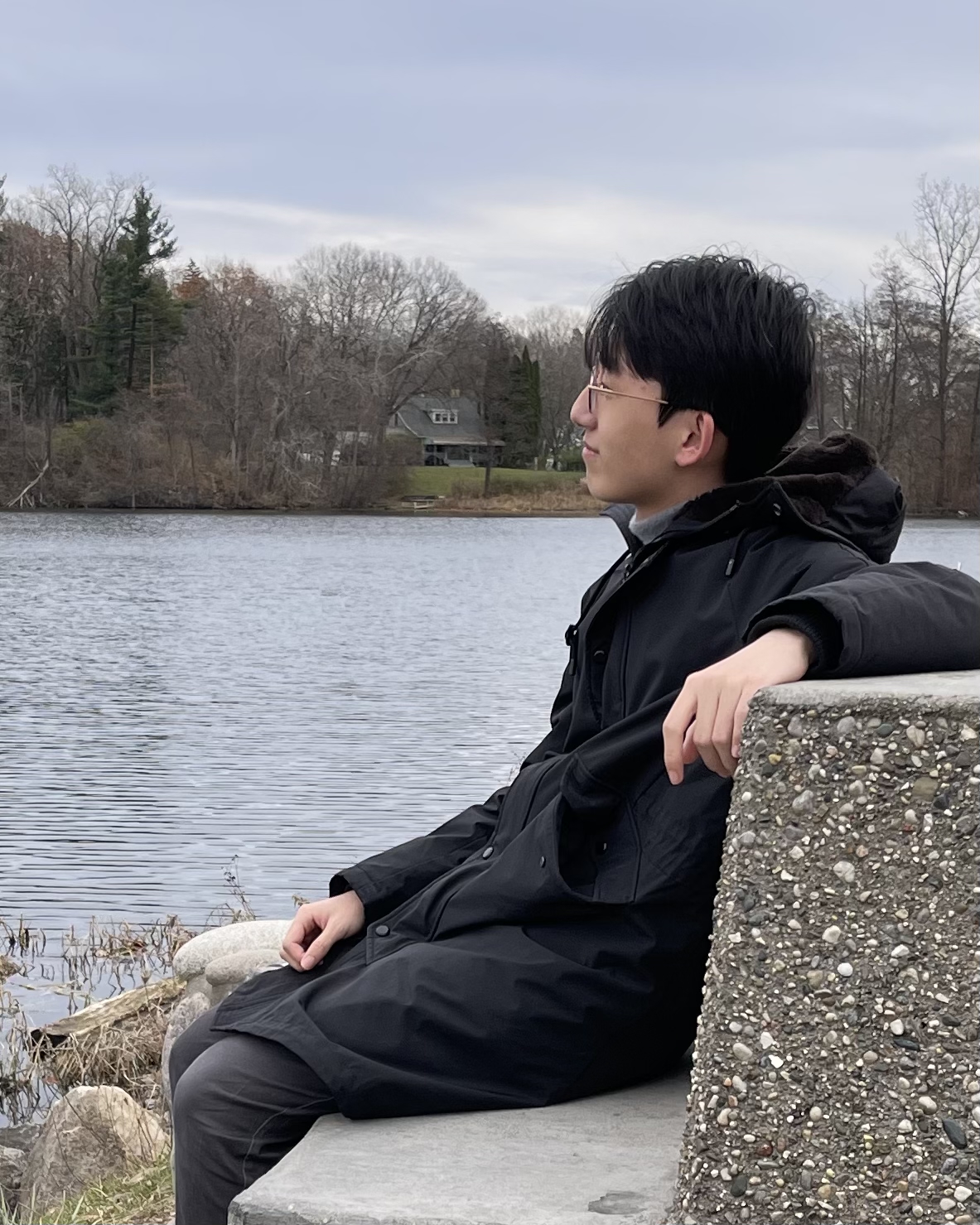
Zhiwei Xue (rotation PhD student, NUS, Previous: U. Michigan,USA. Next: PhD at NUS)
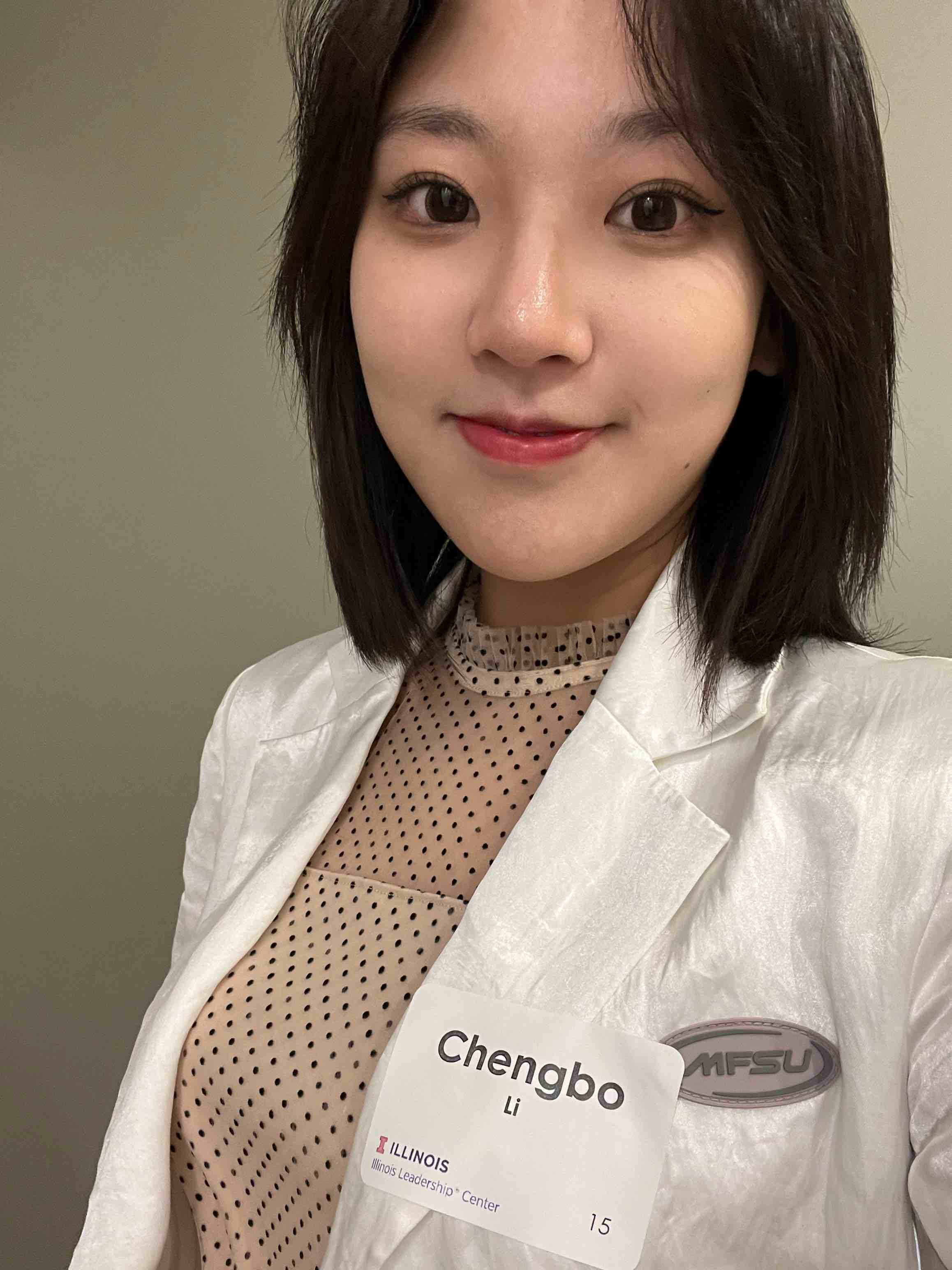
Chengbo Li(Intern, From UIUC, USA. Next: Yale Univeristy)
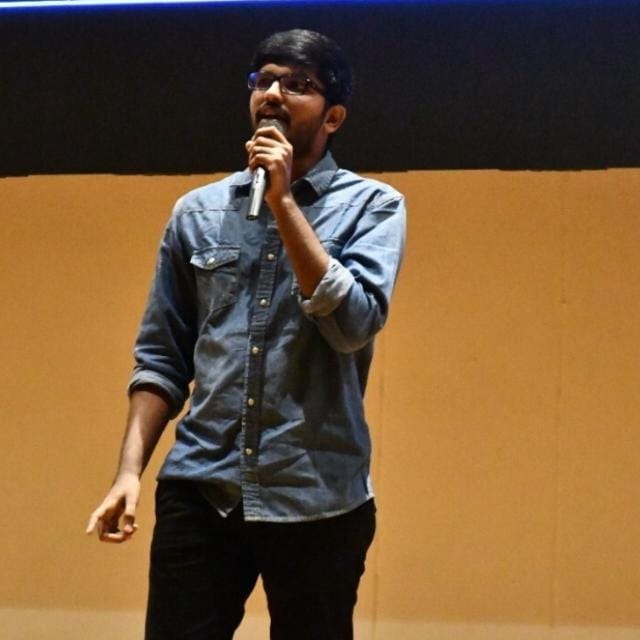
Sankepally Sainath Reddy (Intern, from IIIT-RAIPUR ,India. Next: back to India)
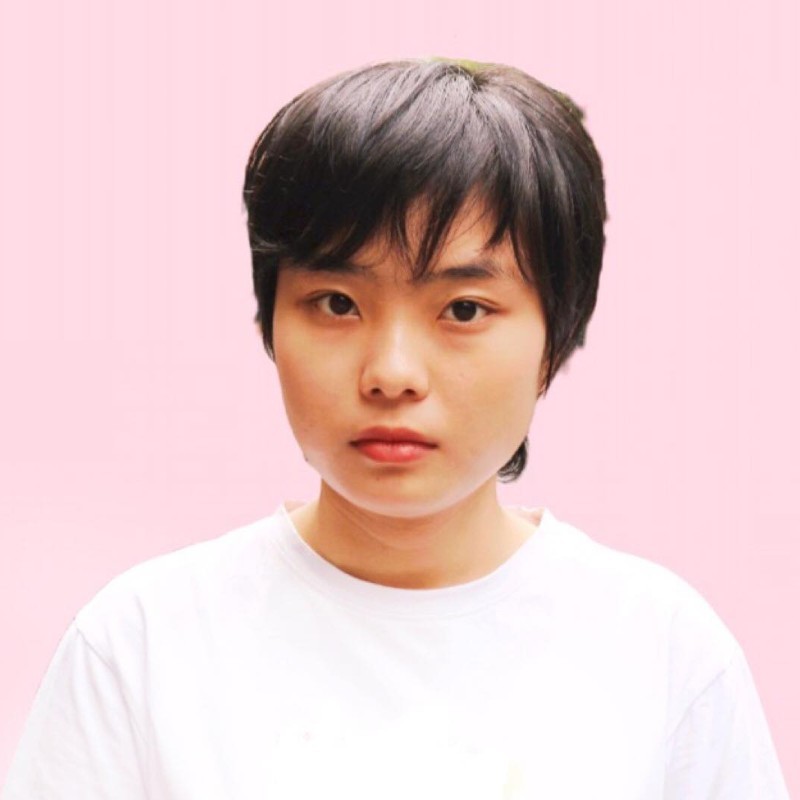
Trang Nguyen Ngoc Phuong (Graduate research asssitant, previously Mila Canada , Next: PhD at Stanford)
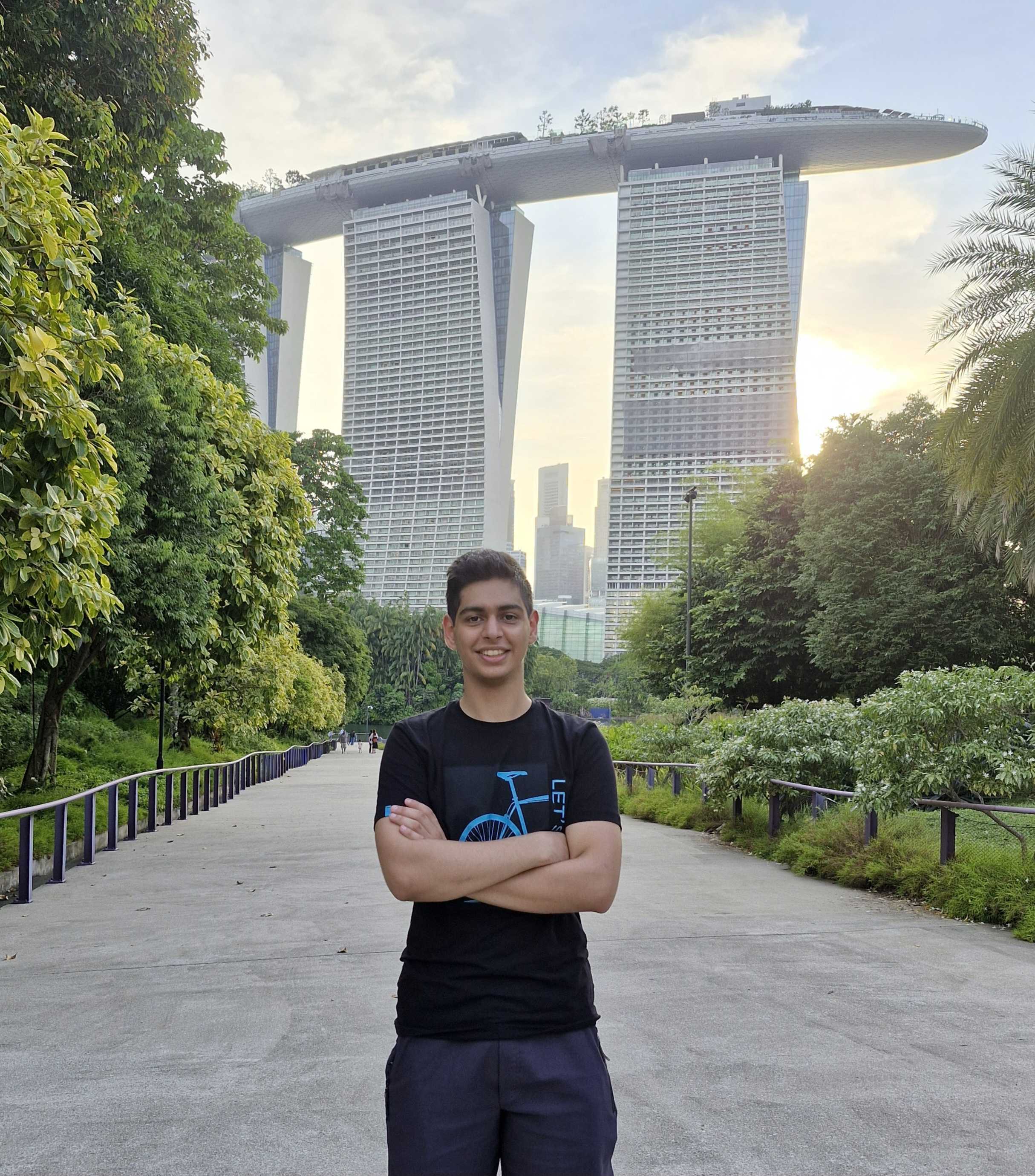
AmirHossein Alamdar (Intern from Sharif Technology Uni., Iran Next: back to Sharif )
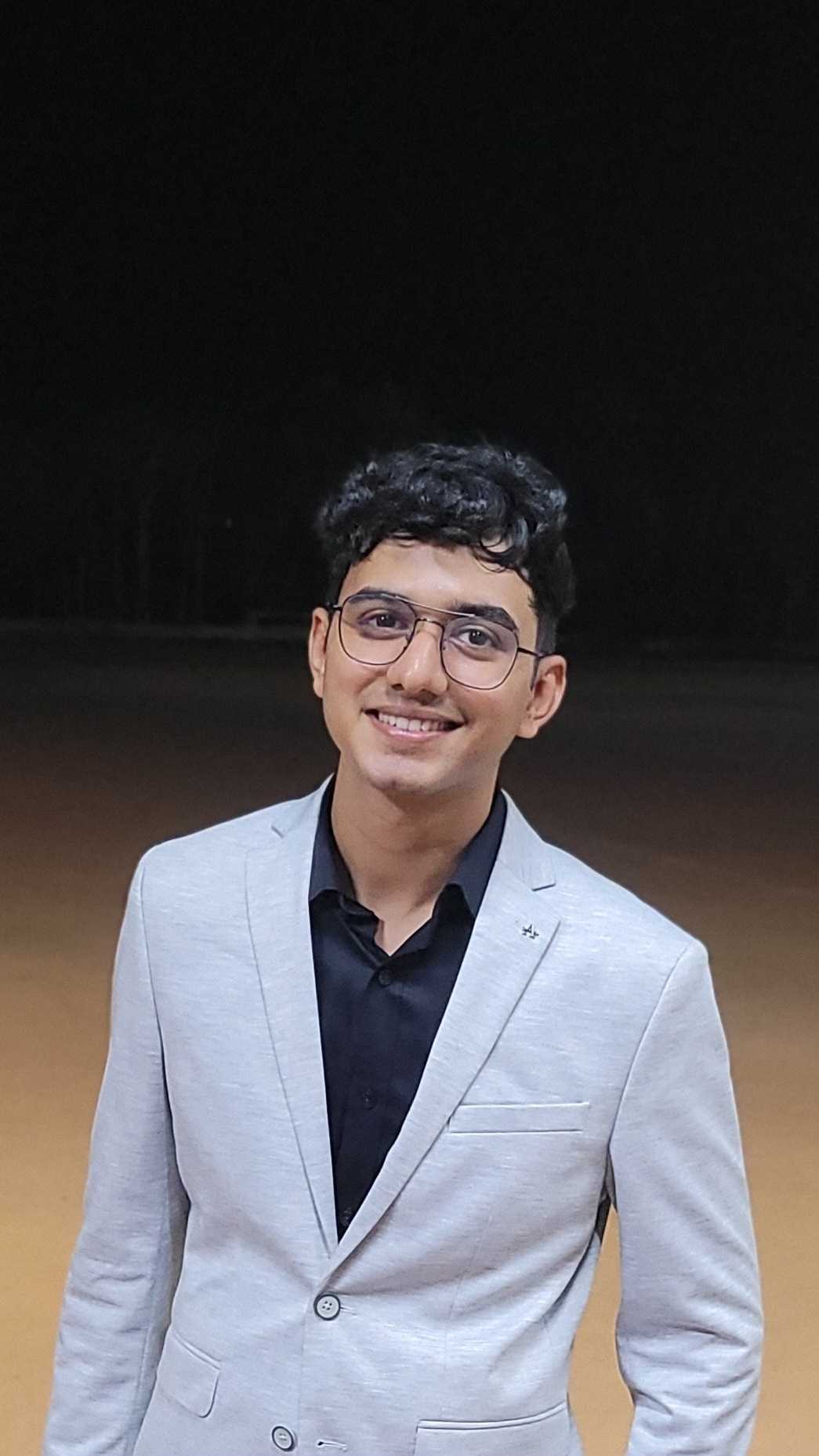
Aryan Amit Barsainyan (intern from NITK, India Next: back to NITK )
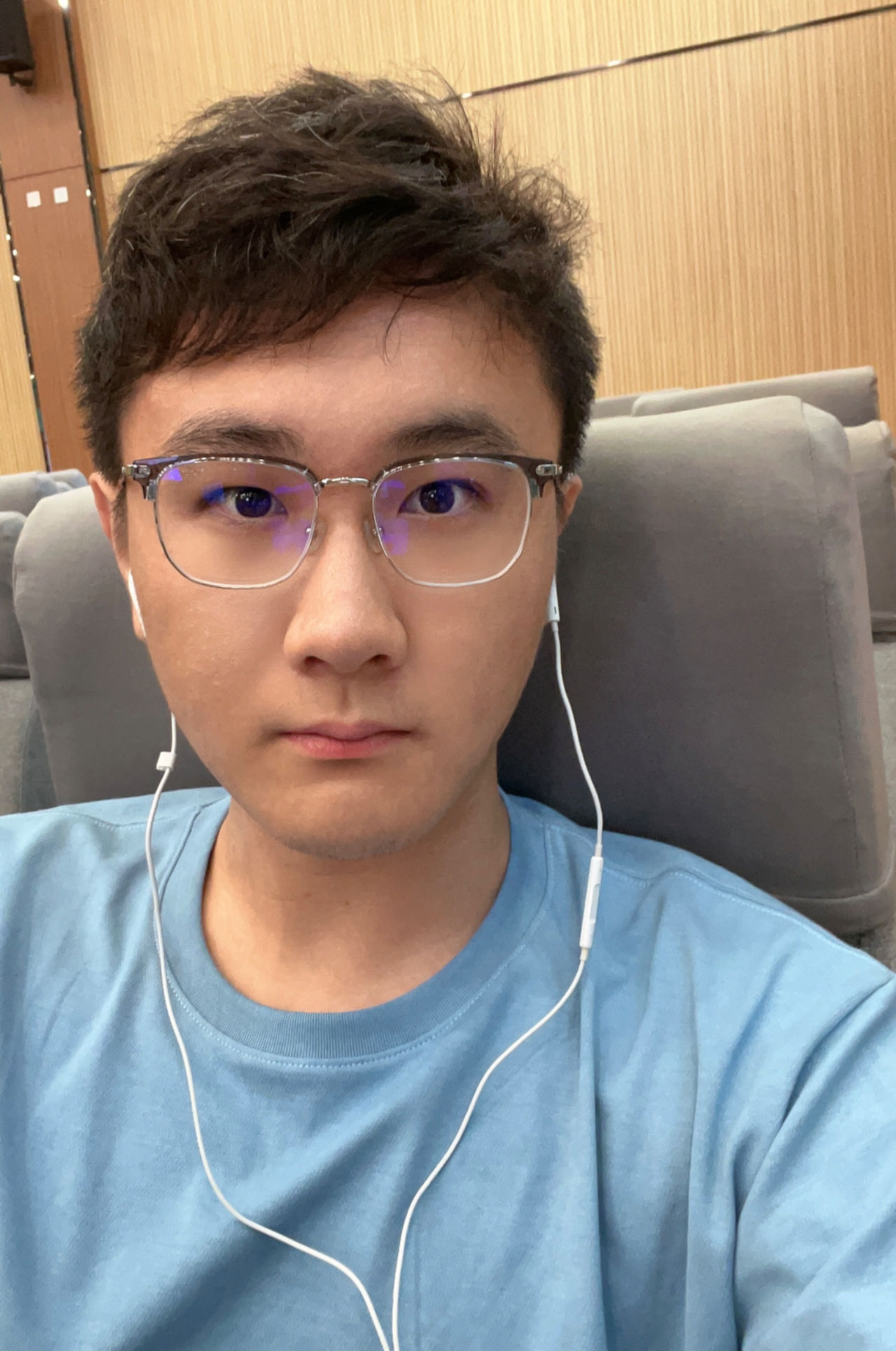
Zhixuan Xiao (visiting scholar from Tsinghua Uni., China. Next: back to Tsinghua )
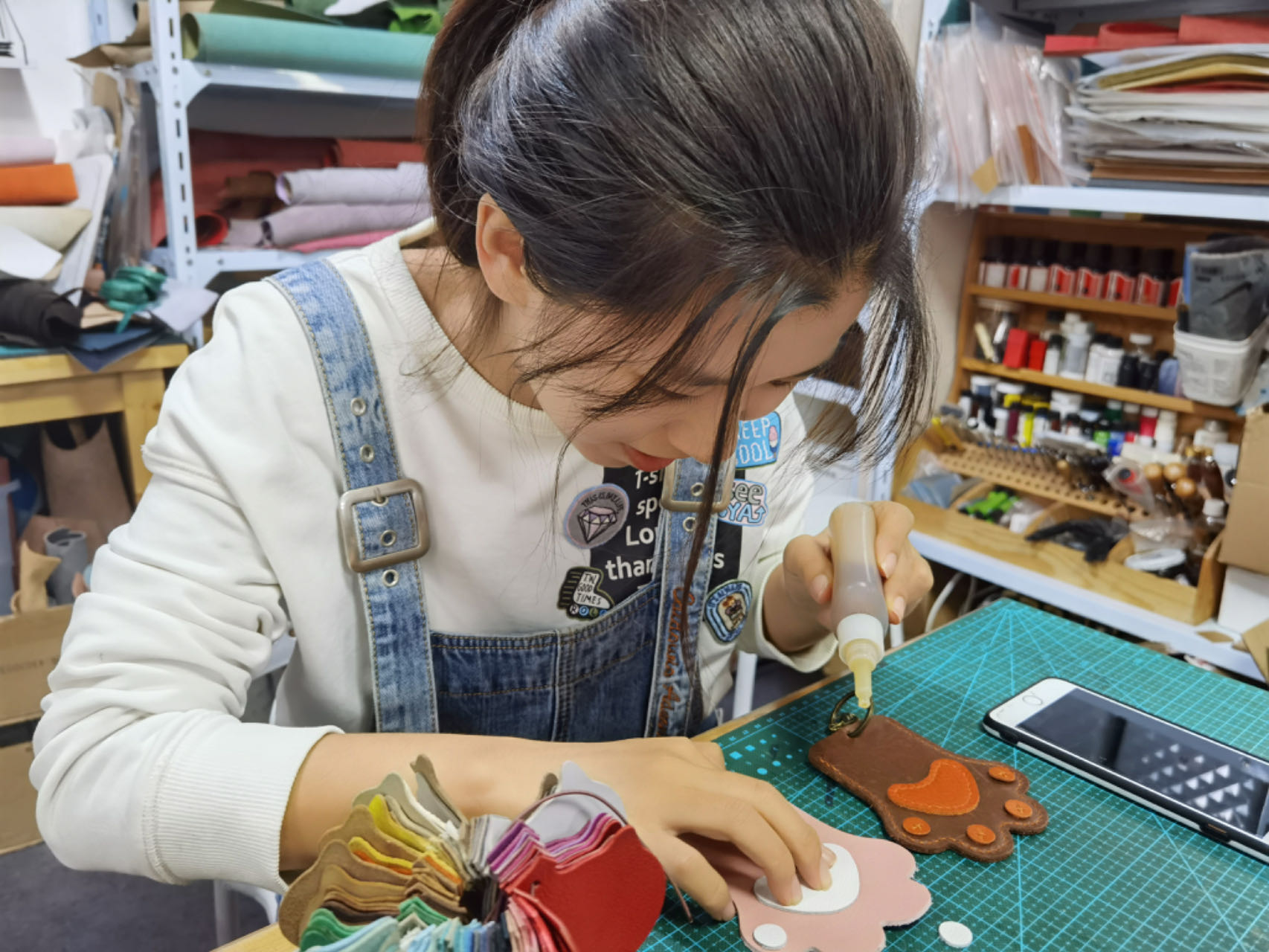
Jiawei Wu (Intern, from Huadong Normal Uni.,China. ), Next:
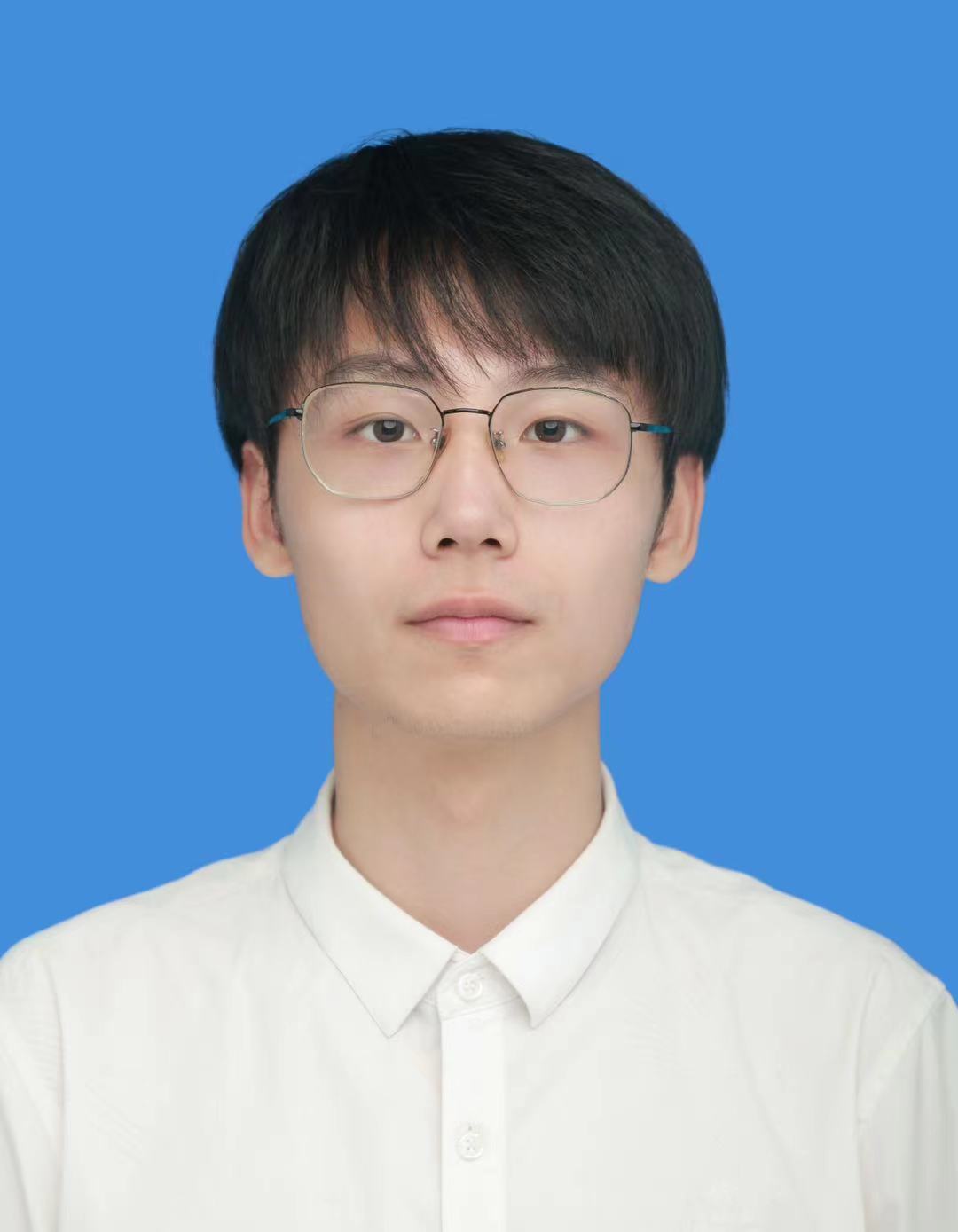
Mingyuan Yan (Graduate research asistant. From Huadong Normal Uni.,China. ), Next:
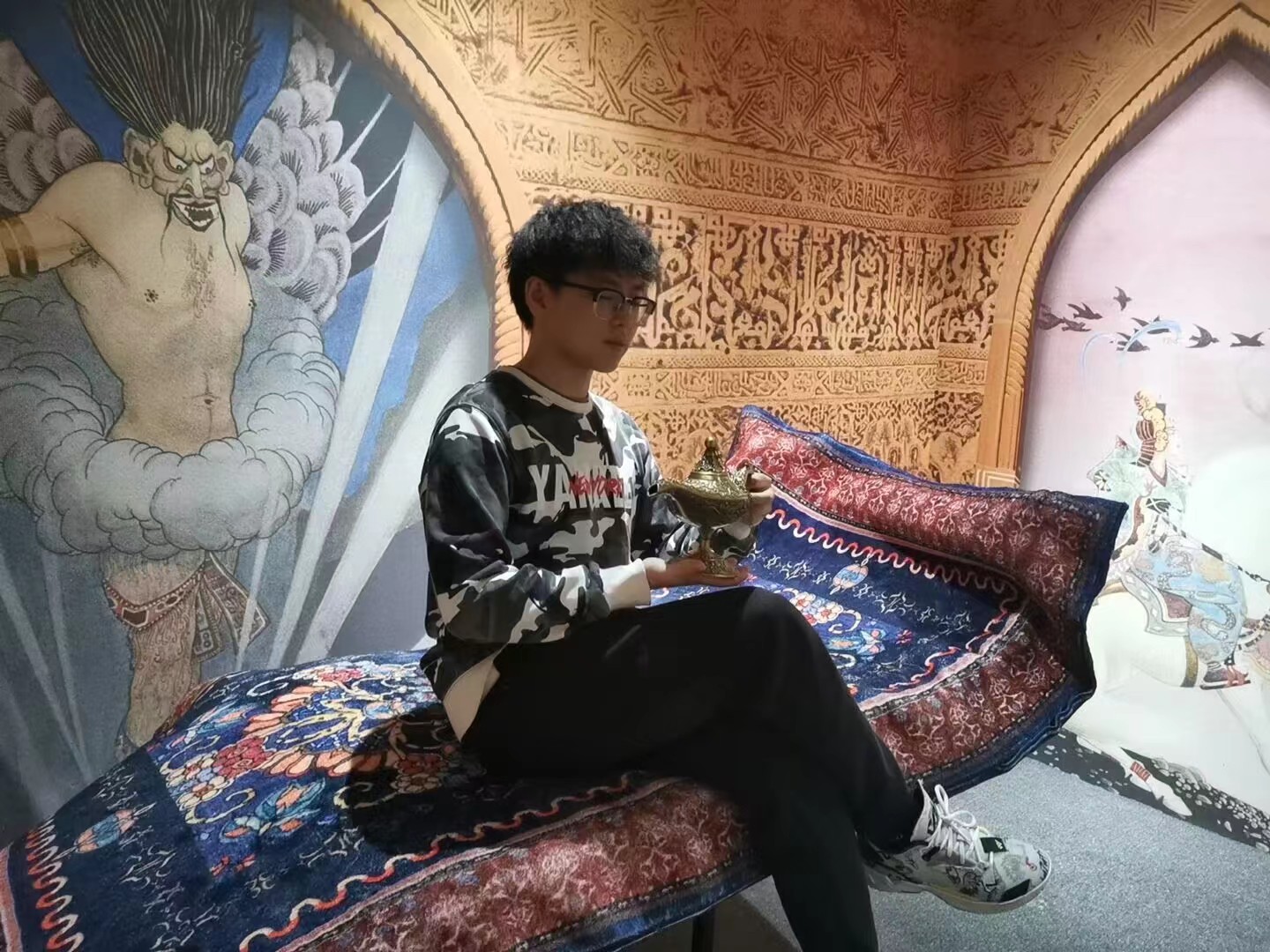
Xiaoye Wang (Intern, Harbin Institute of Tech.,China. Next: Cambridge Uni. )
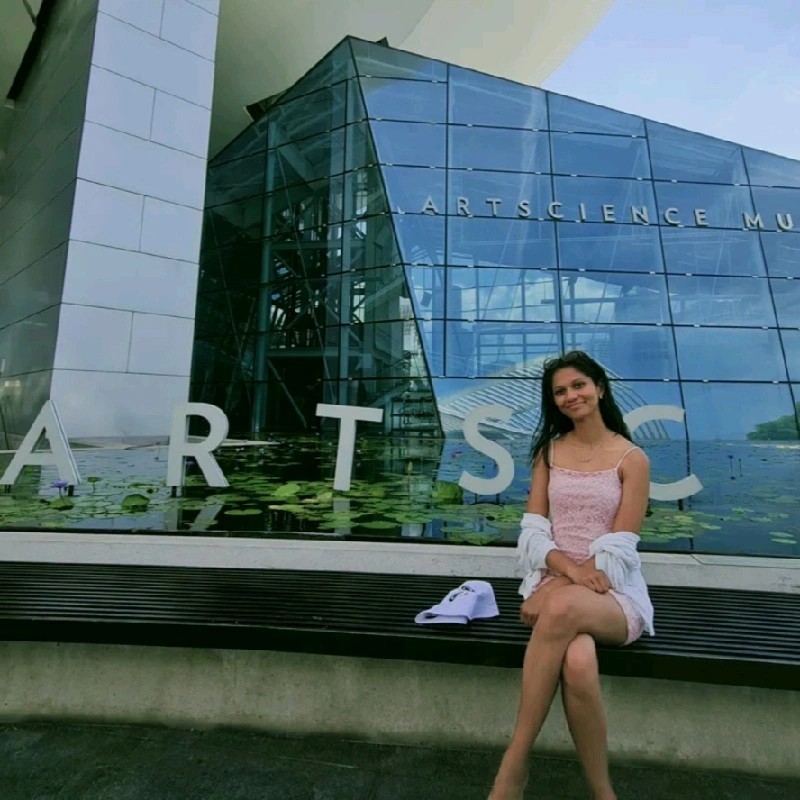
Uma Kadam (Intern, from IIIT Guwahati, India. Next: Microsoft )
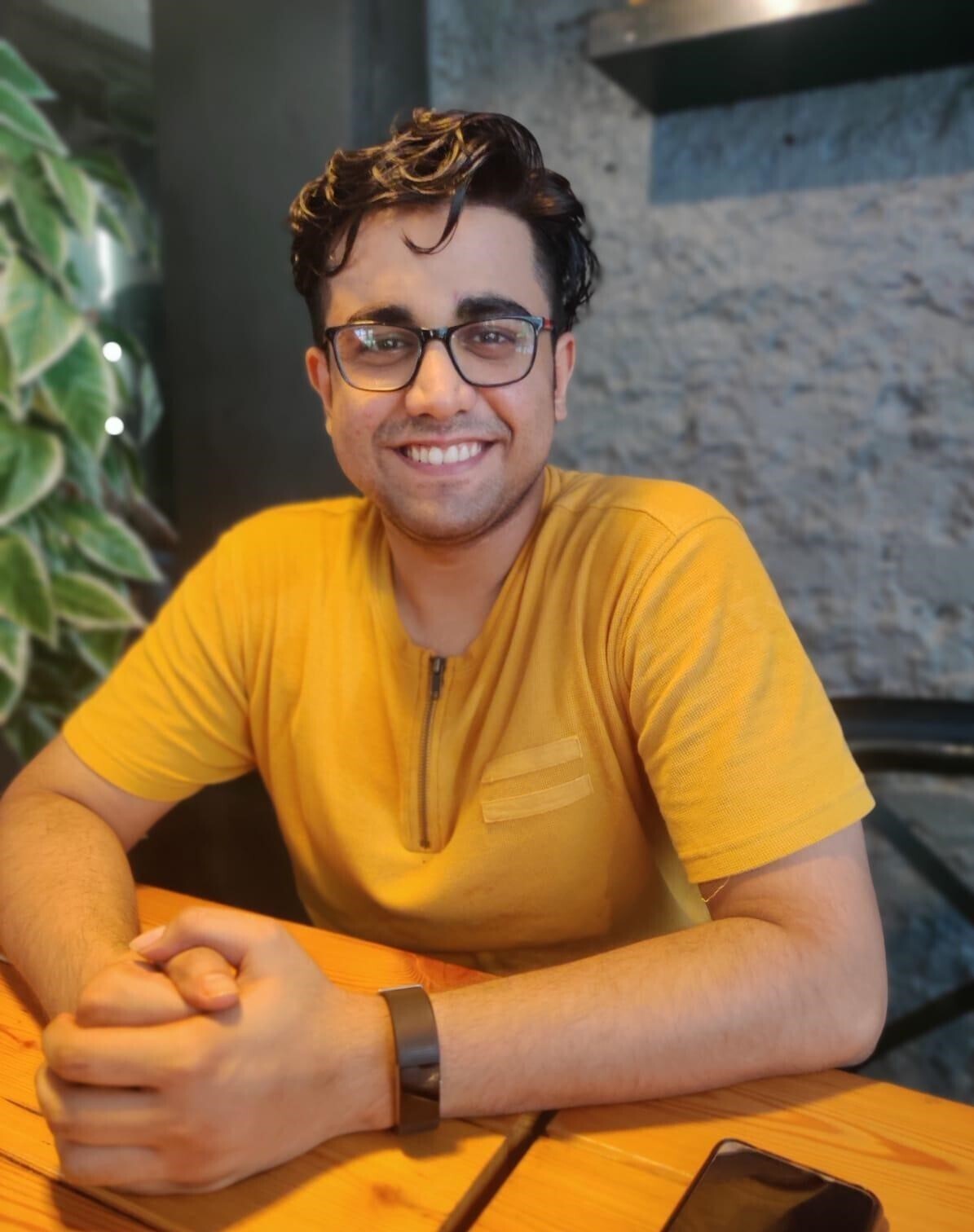
Abhinav Sharma (Intern, from IIIT Guwahati, India. Next: UMass, USA )
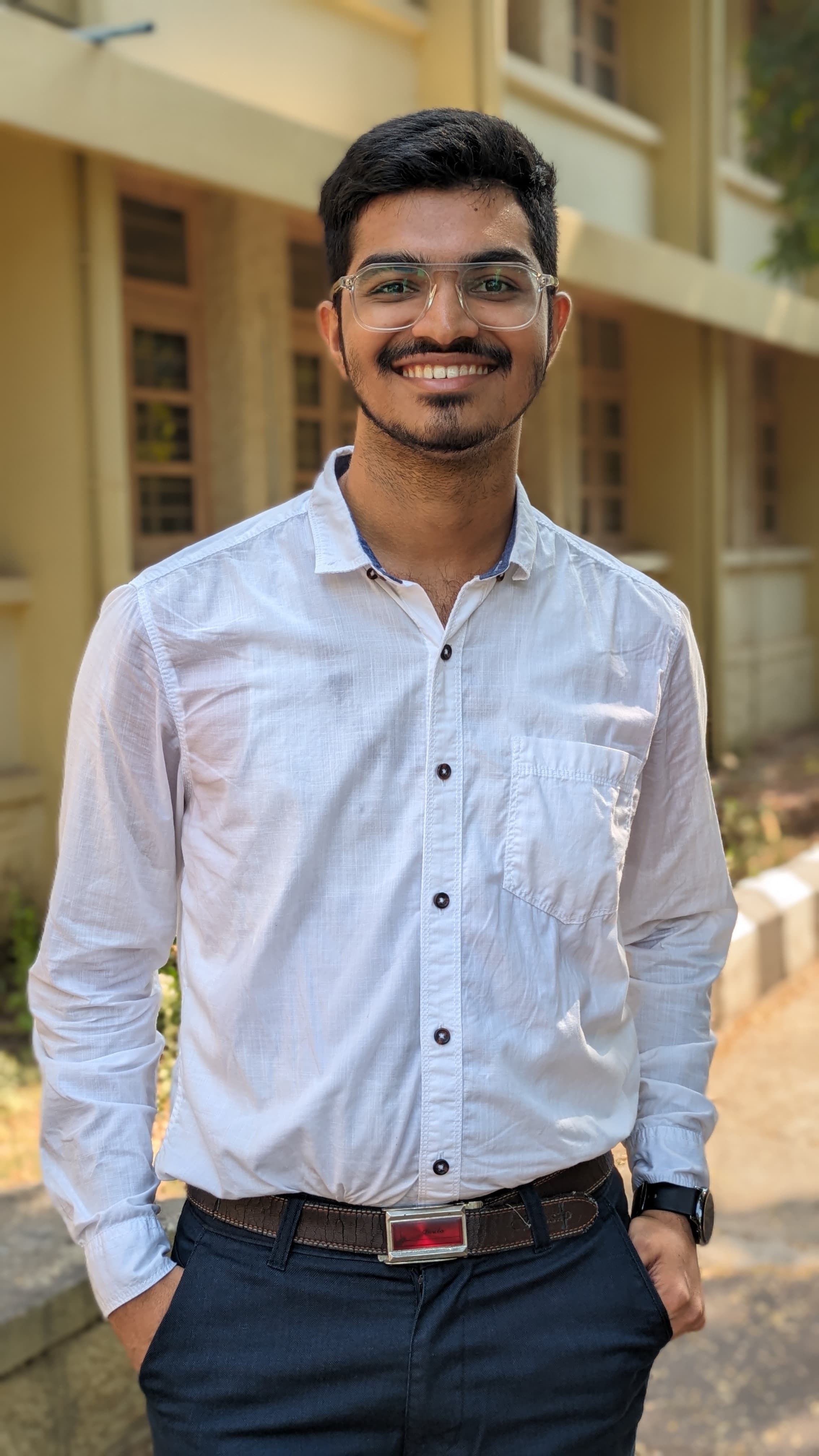
Manvith Prabhu (Intern, from NITK, India. Next: back to Inida )
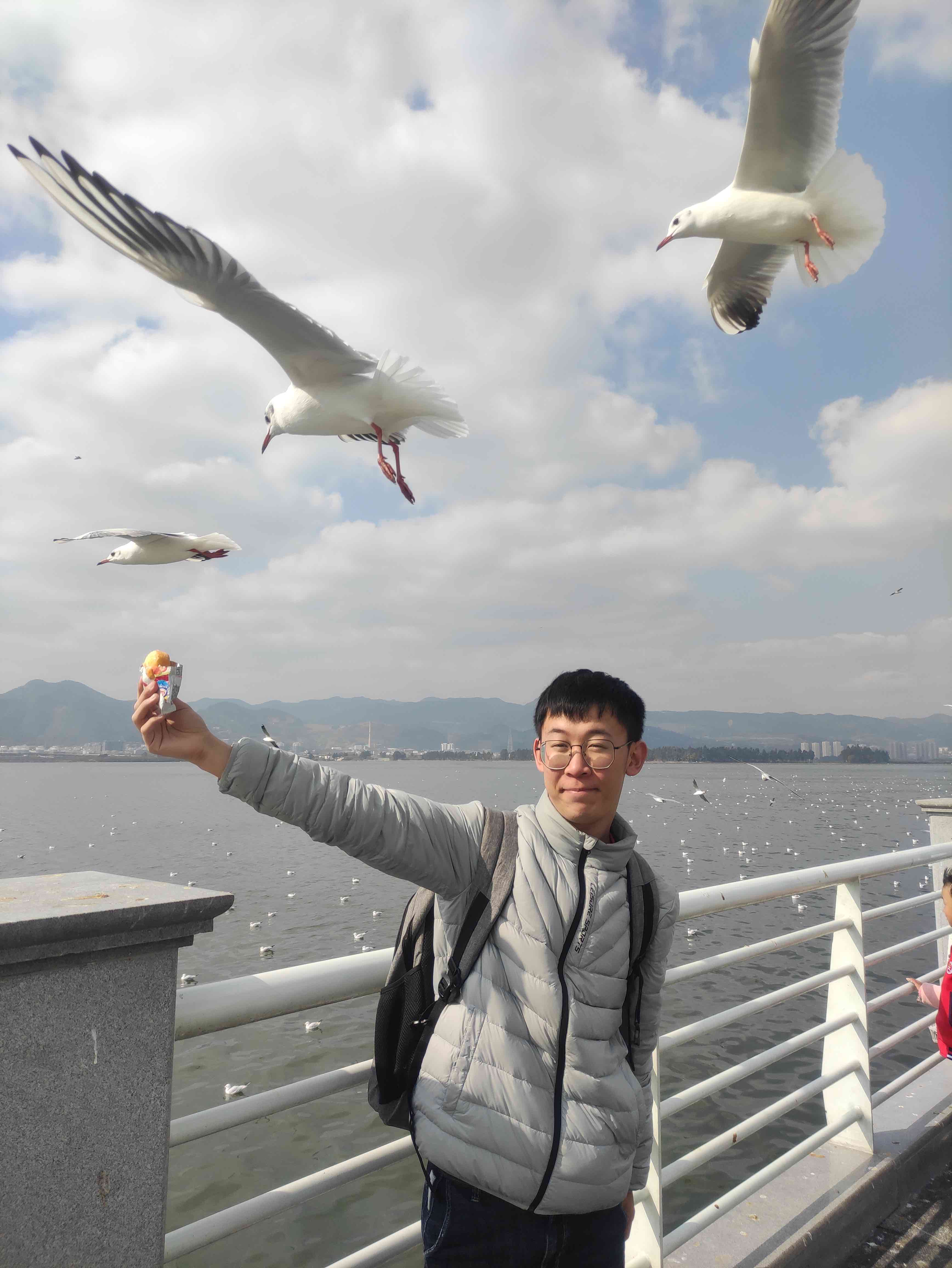
Taoyong Cui (Intern from Tsinghua University, China. Next: back to Tsinghua)
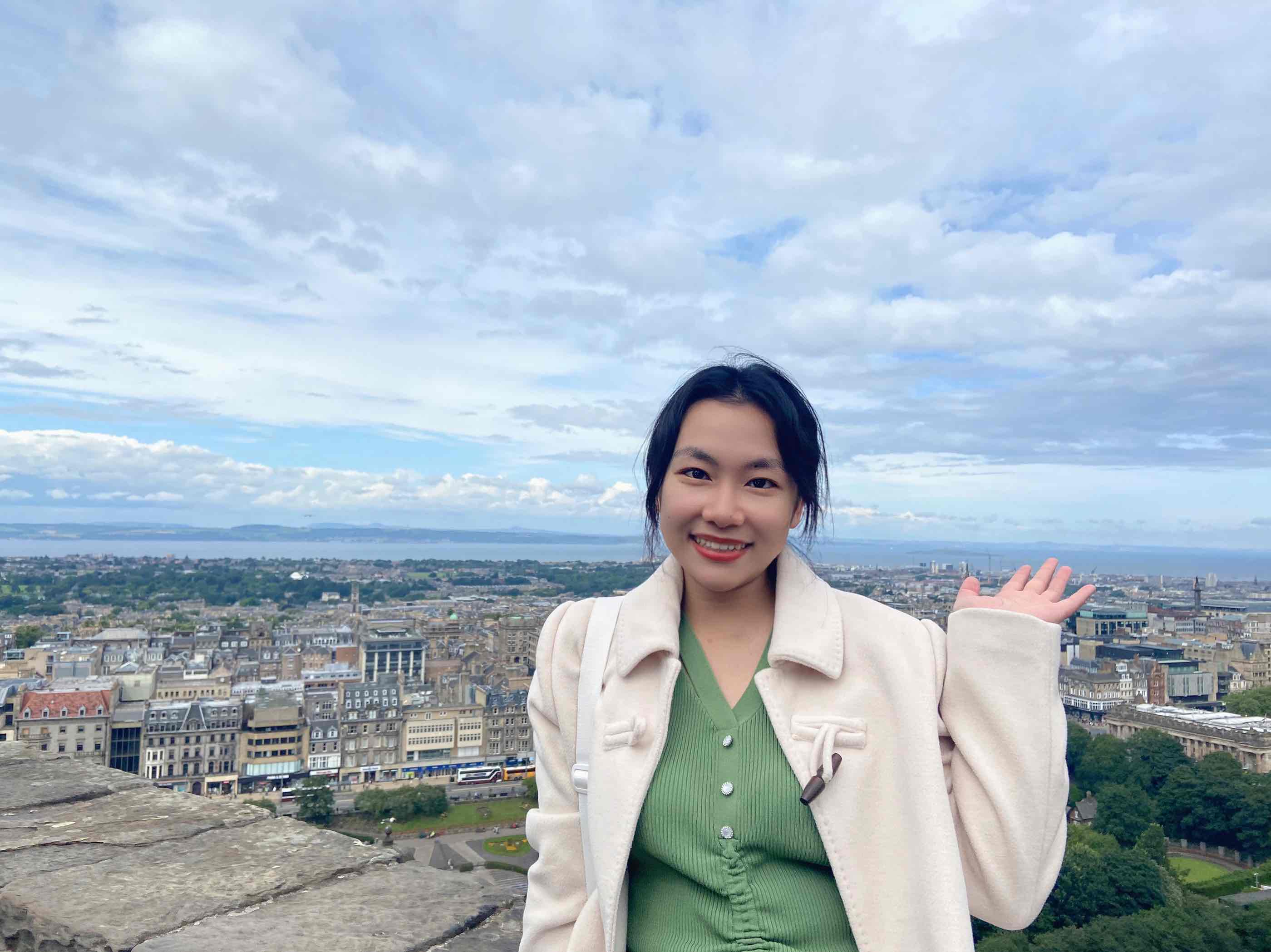
Anhying Bai (Intern, from Tsinghua University, China. Next: back to Tsinghua)
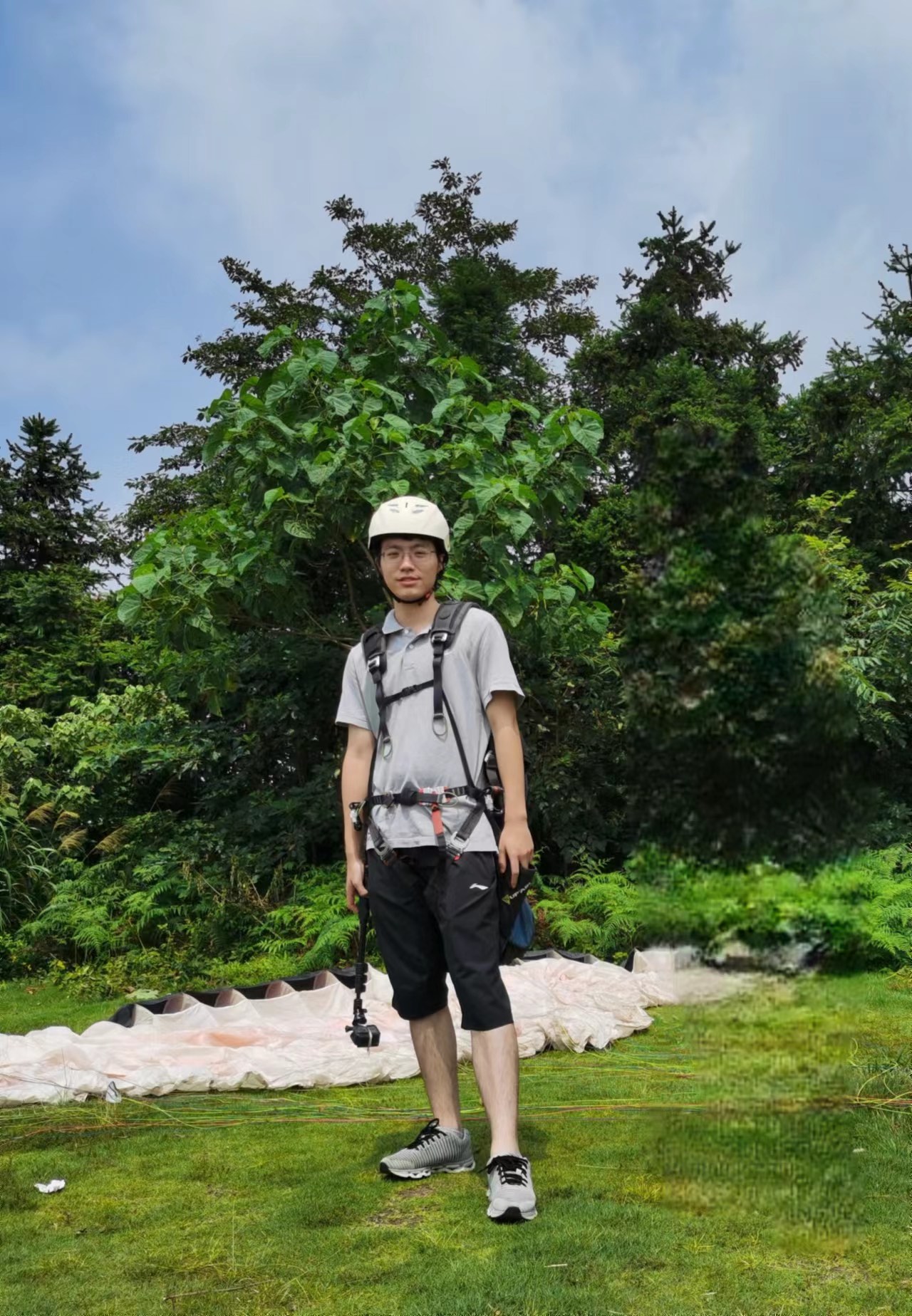
Zheqi Liu (From Tsinghua Uni.,China. Intern. Next: UCSD)
Maab Elrashid (From Sudan. Mentee at Mila-Quebec AI institute, with Prof. Yoshua Bengio. Next: Mila)
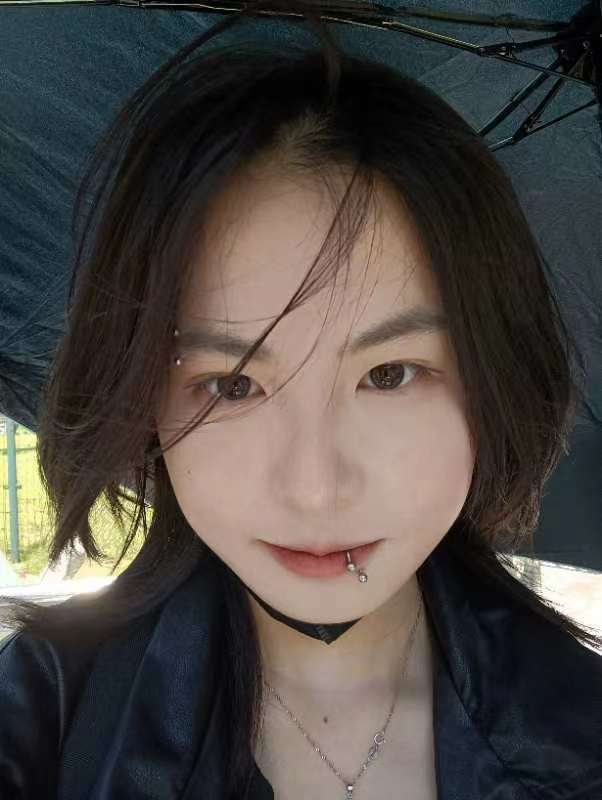
Ziqing Mai(From Tsinghua University, China. Intern. Next: back to Tsinghua)
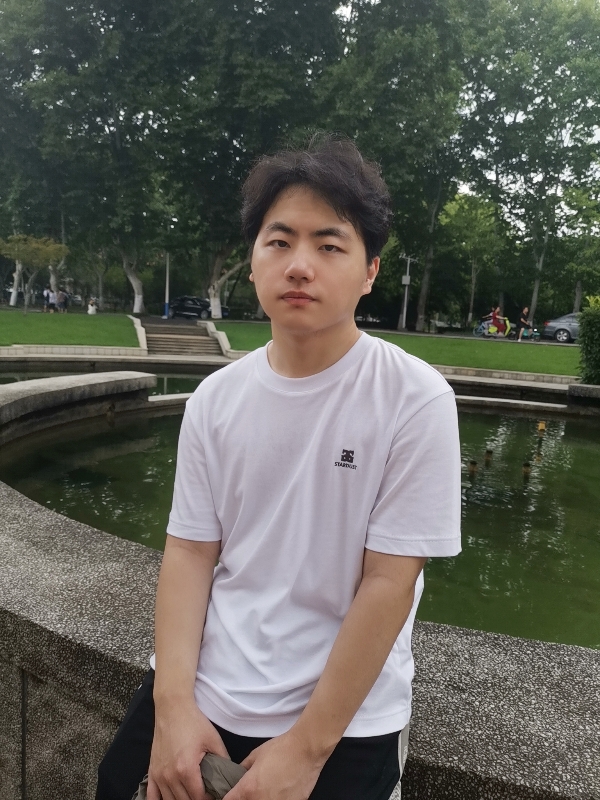
Zile Yang(Intern, from Huazhong tech University, China. Next: back to Huangzhong )
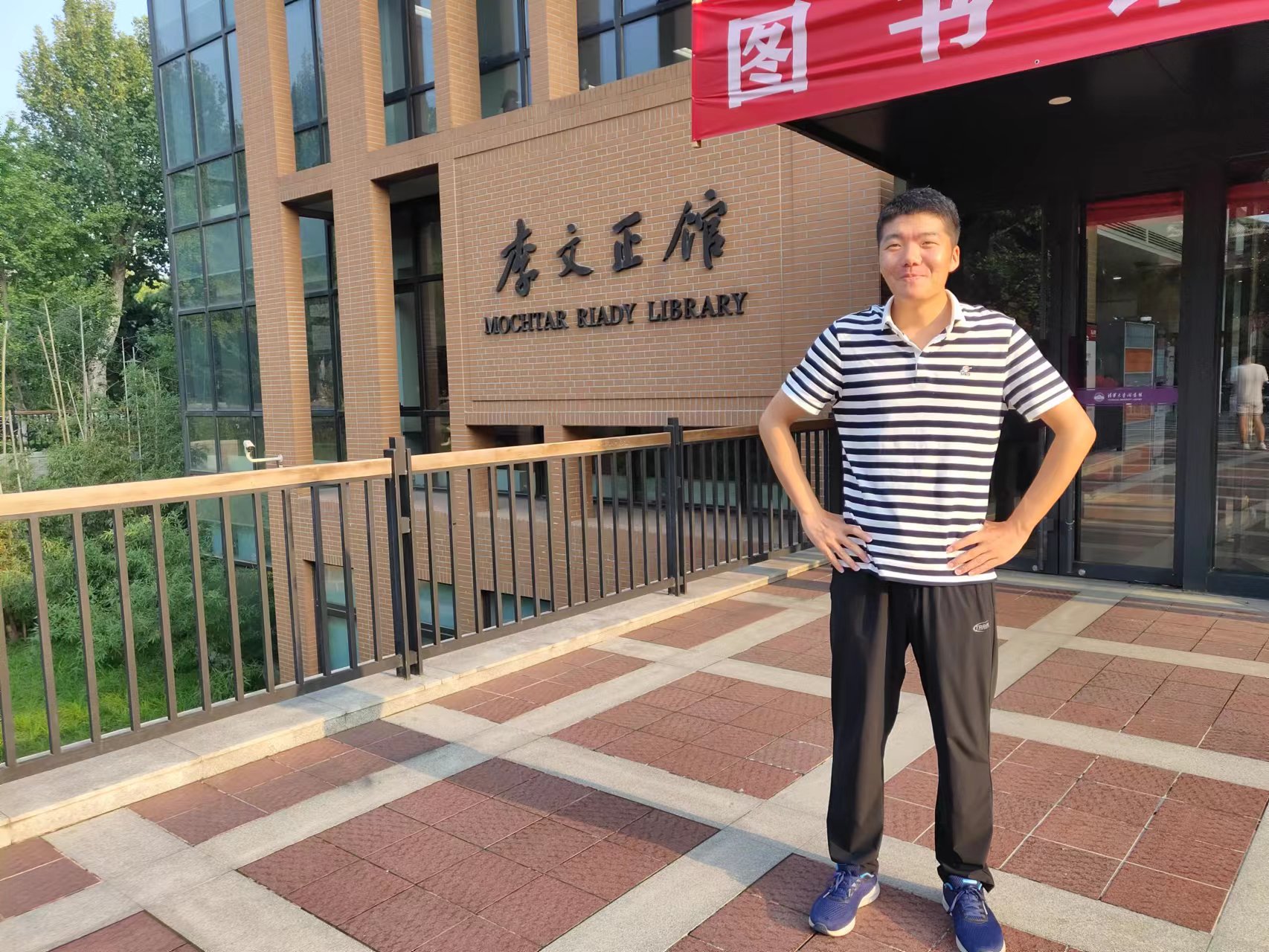
Yice Fang(From Tsinghua University, China. Intern. Next: back to Tsinghua)
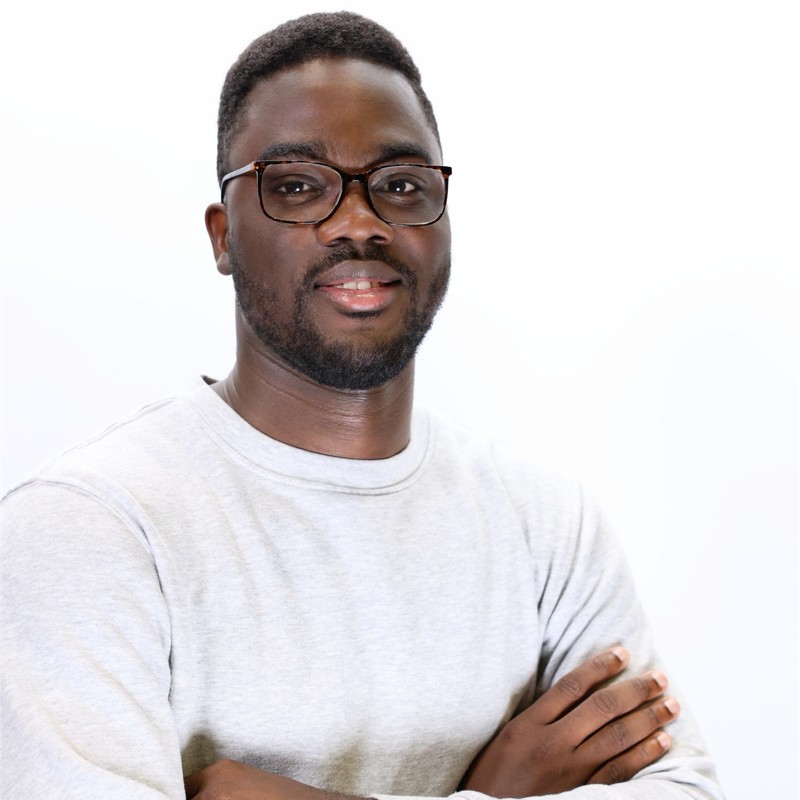
Bonaventure F. P. Dossou (Mentee at Mila-Quebec AI institute. next: PhD at McGill )
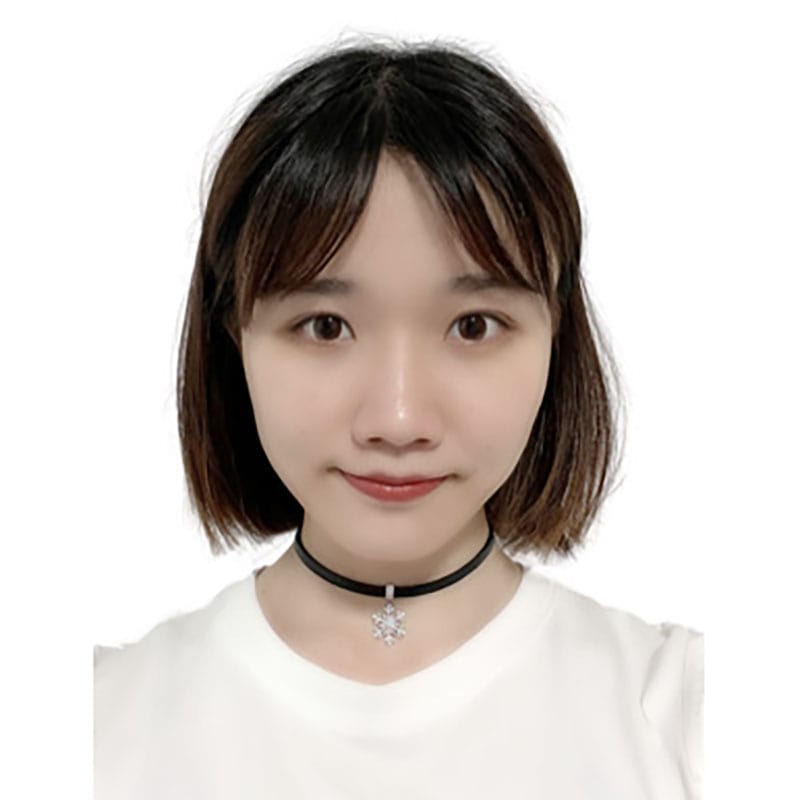
Rulin Shao (Mentee at MIT/Harvard, Next graduent student at CMU/ Amazon, now PhD at UW)
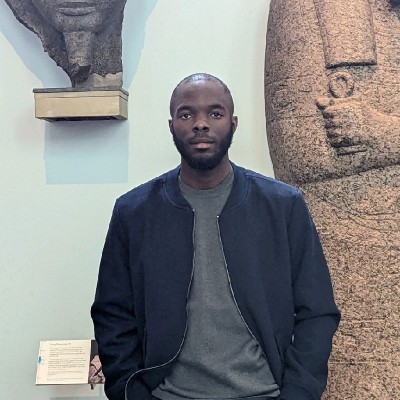
Loïc Kwate Dassi (Mentee at Mila-Quebec AI institute, Next: DeepMind London )

Oussama Boussif, Mentee at Mila. Next: PhD with Yoshua Bengio at Mila )
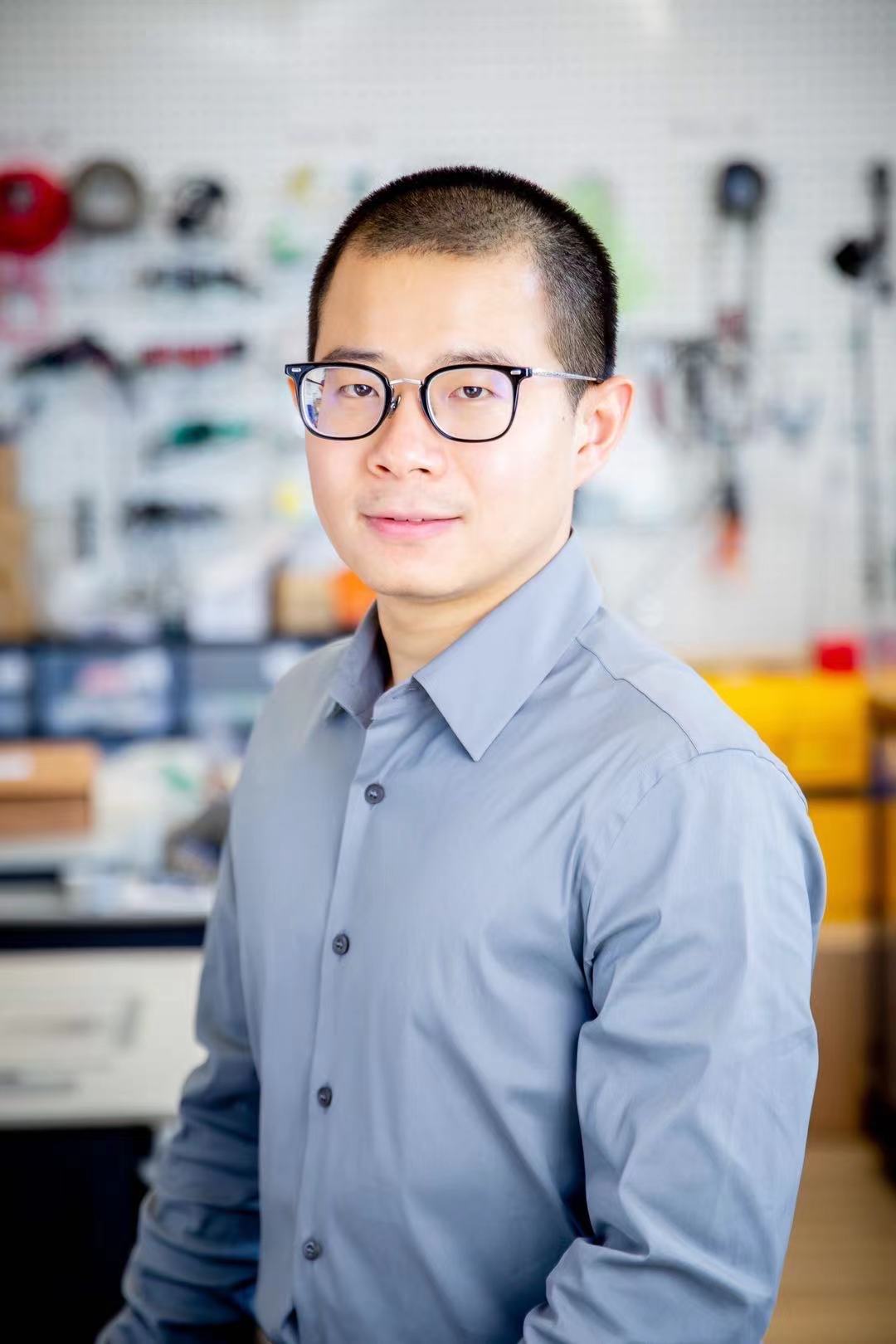
Li Huang (Mentee at Harvard. Next: PhD at Tsinghua. Now: faculty at Chinese Academy of Medical Sciences & Peking Union Medical College )
James Assiene (Mentee at Mila-Quebec AI institute. Next: DeepMind London )
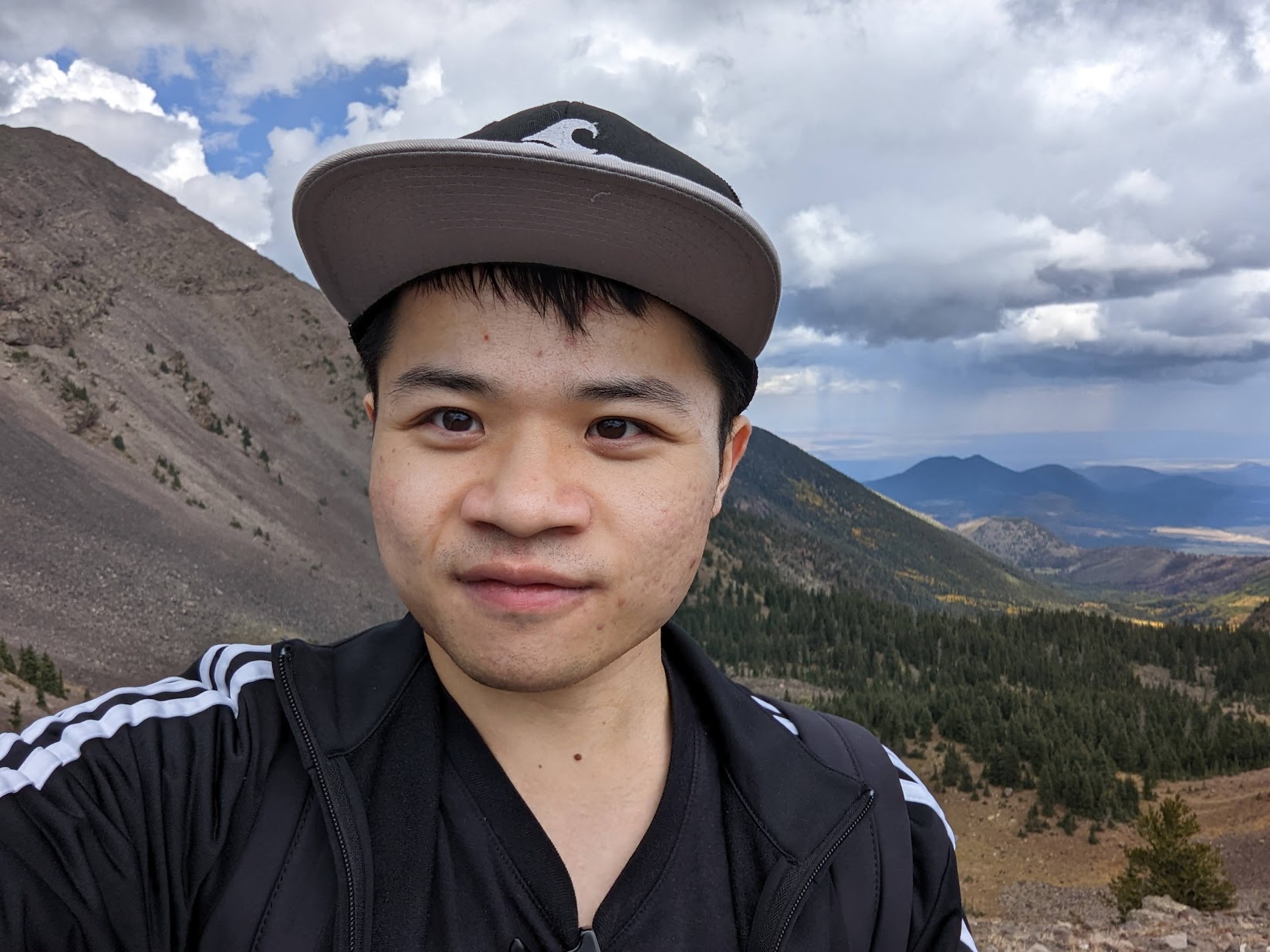
Tianyi Zhang (Mentee at Harvard. Next: PhD at ASU )
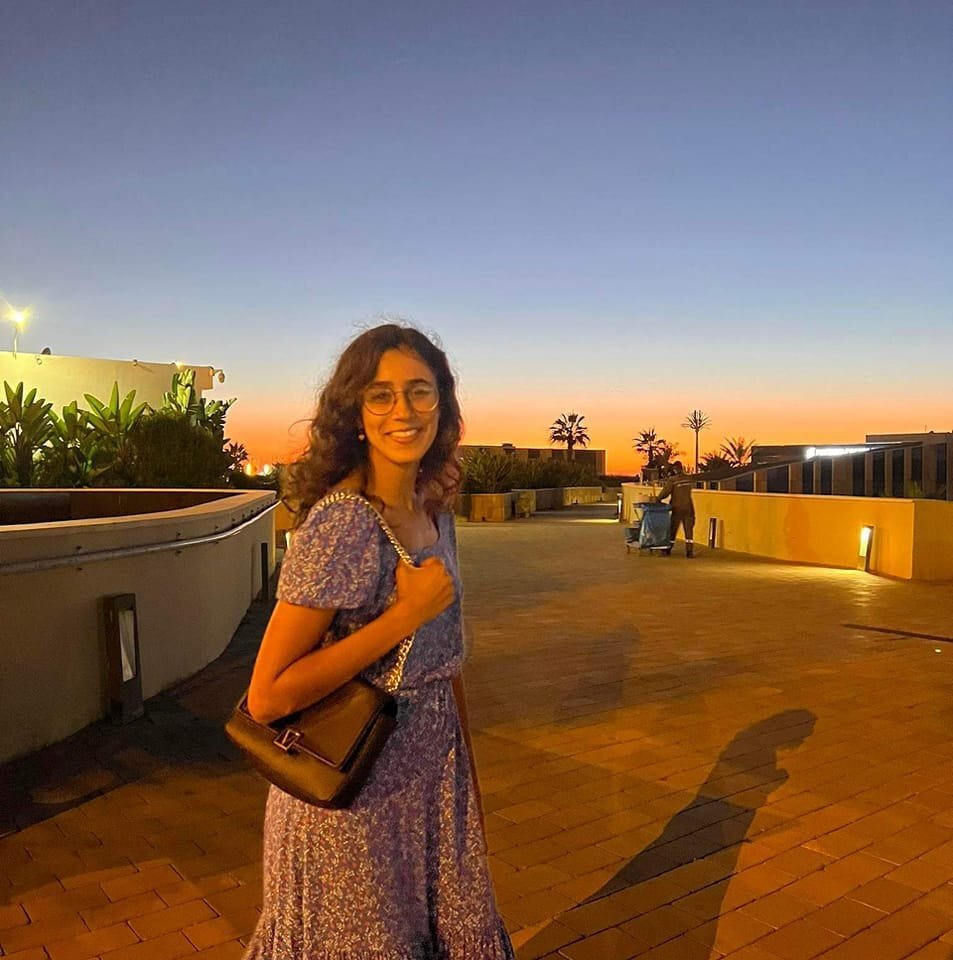
Léna Néhale Ezzine,Mentee at Mila. Next: PhD with Yoshua Bengio at Mila )
Wisdom d'Almeida (Mentee at Mila-Quebec AI institute. Next: researcher at Miscrosoft/PhD at Oxford )
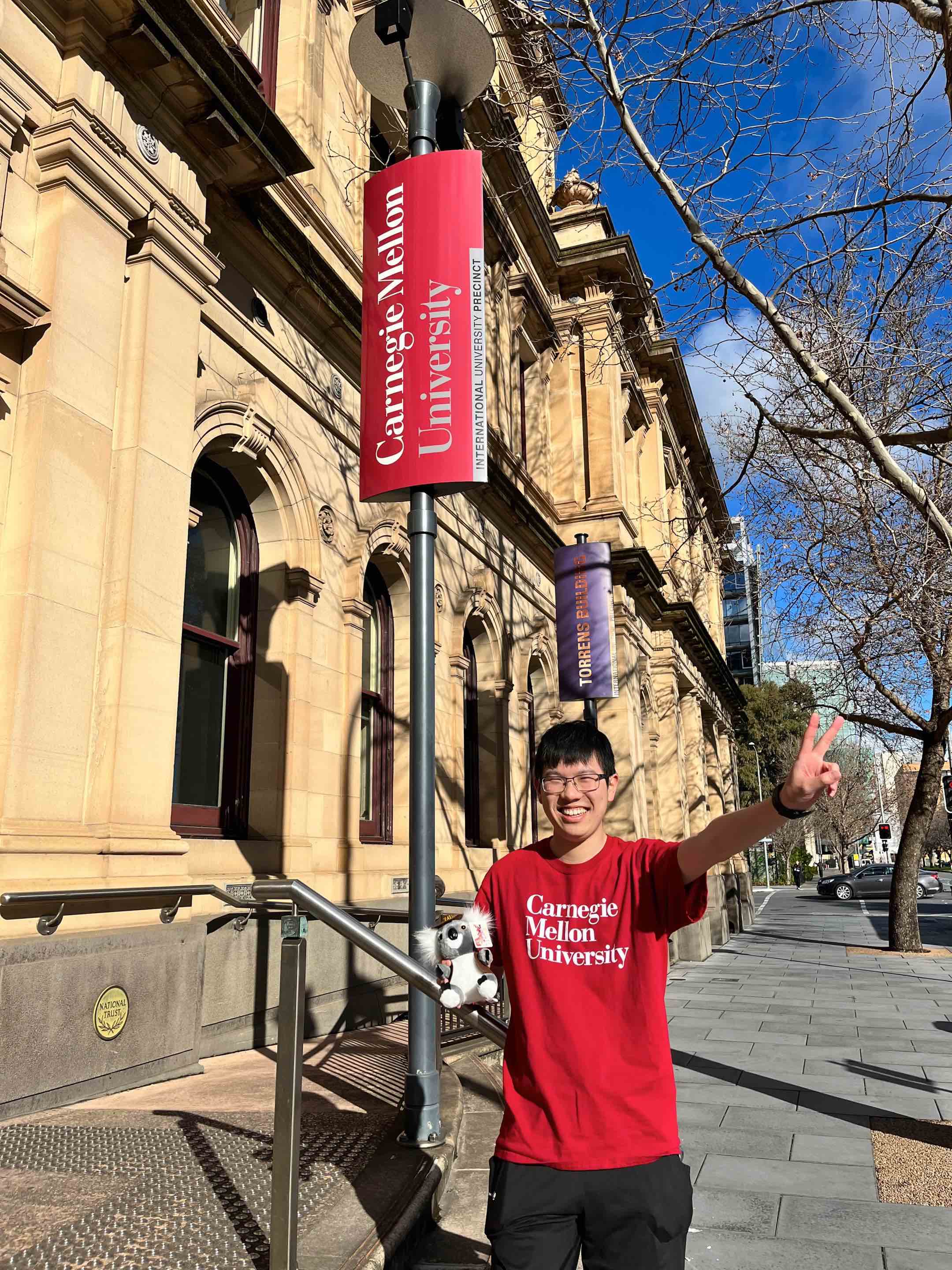
Jiahe Tian (Mentee at Harvard. Next: graduent student at CMU )
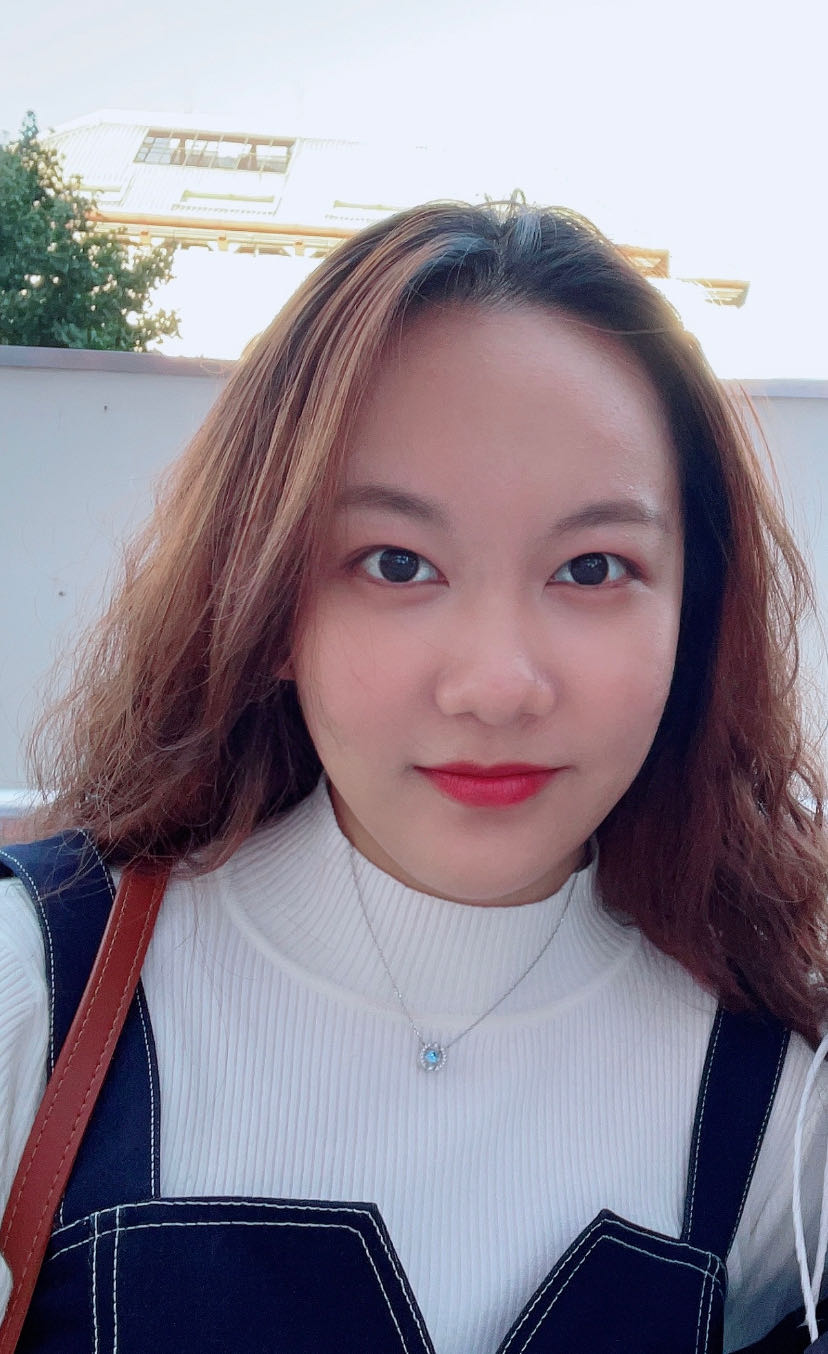
Ruobin Tao(Mentee in Boston, now at University of New South Wales, Australia )
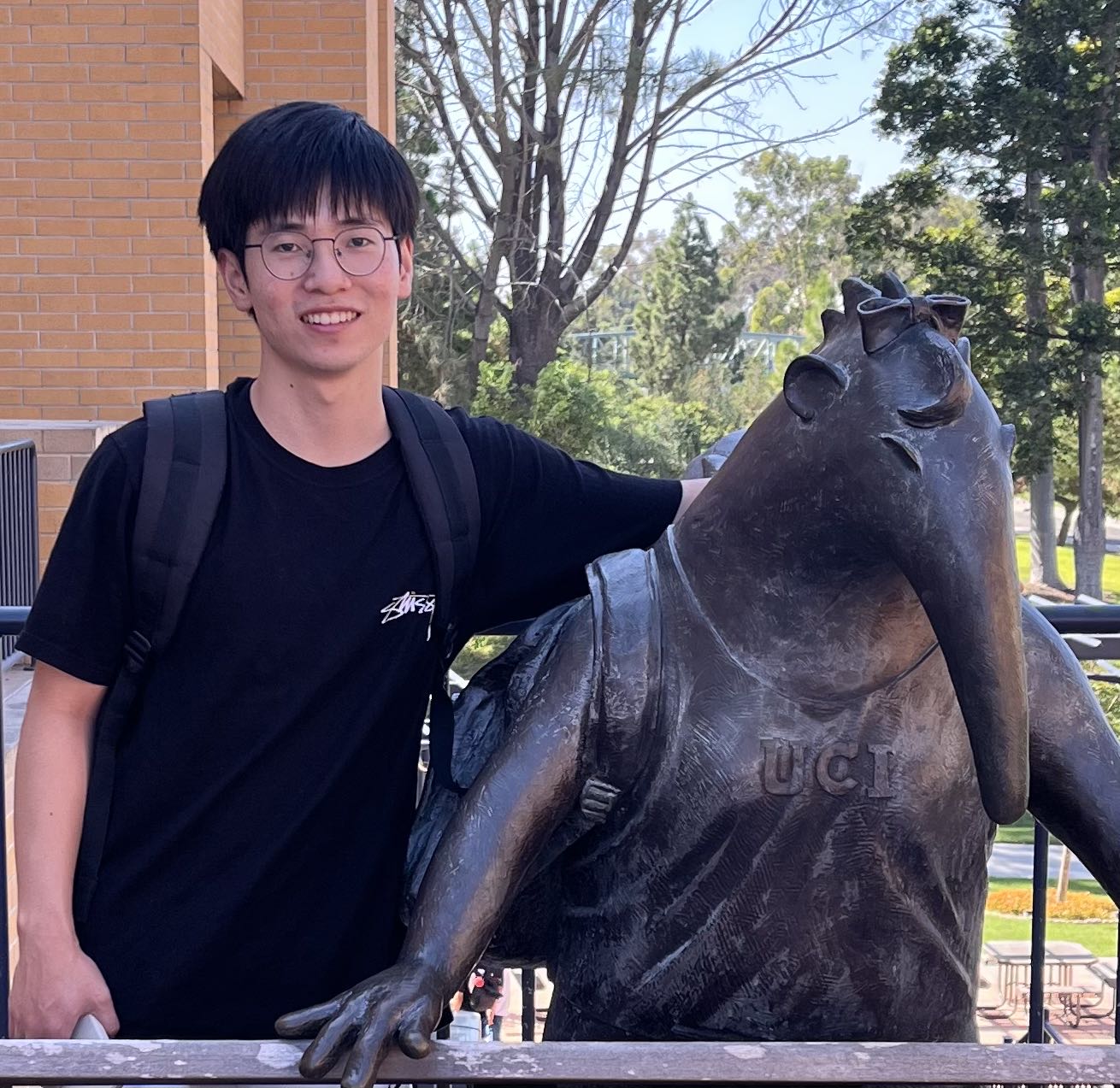
Yuhao Qian (Mentee in Boston. Next: Amazon )
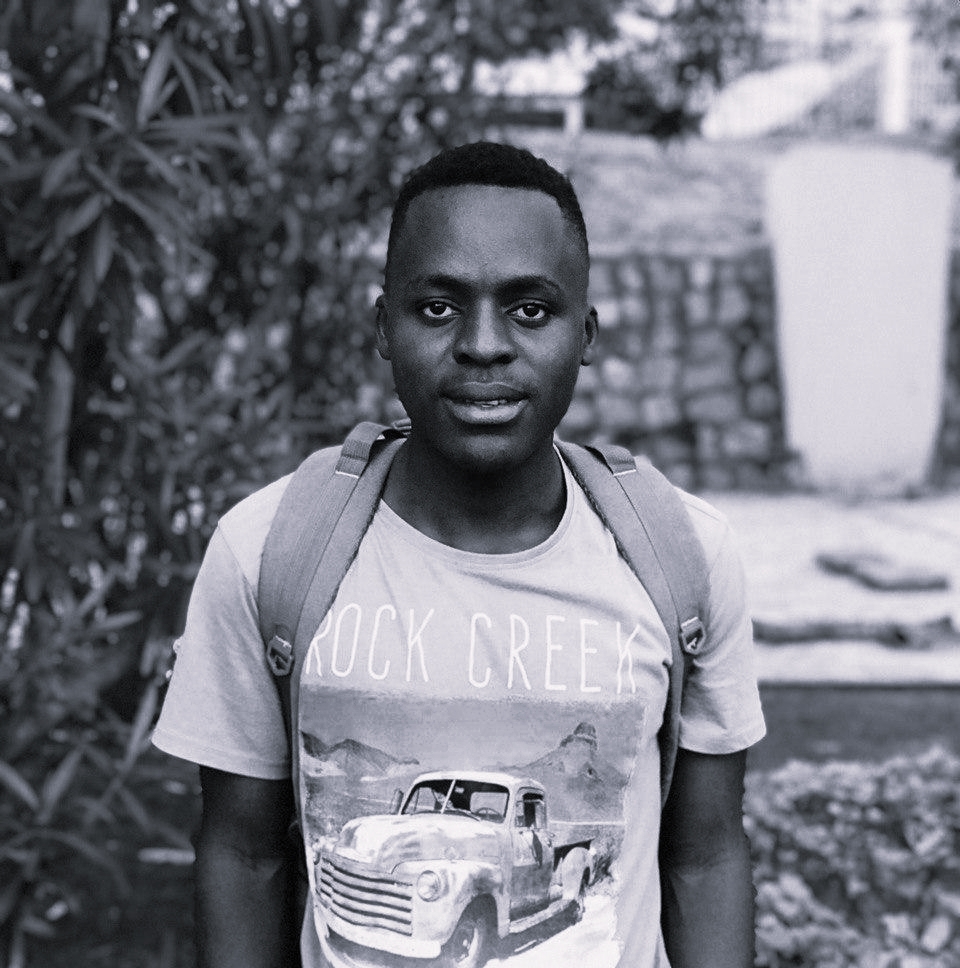
Pascal Junior Tikeng Notsawo (Mentee at Mila-Quebec AI institute. Next: PhD at Mila )
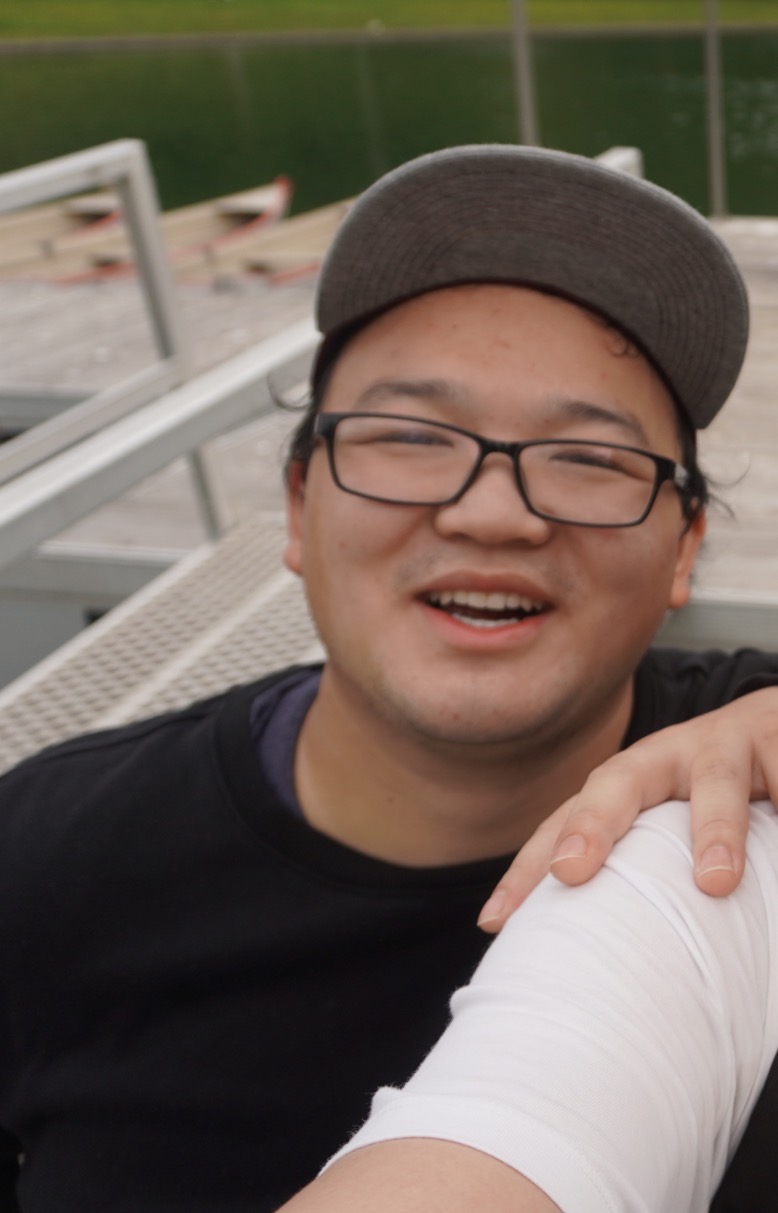
Leyu Dai (Mentee at Harvard. Next: PhD at University of North Carolina at Chapel Hill )
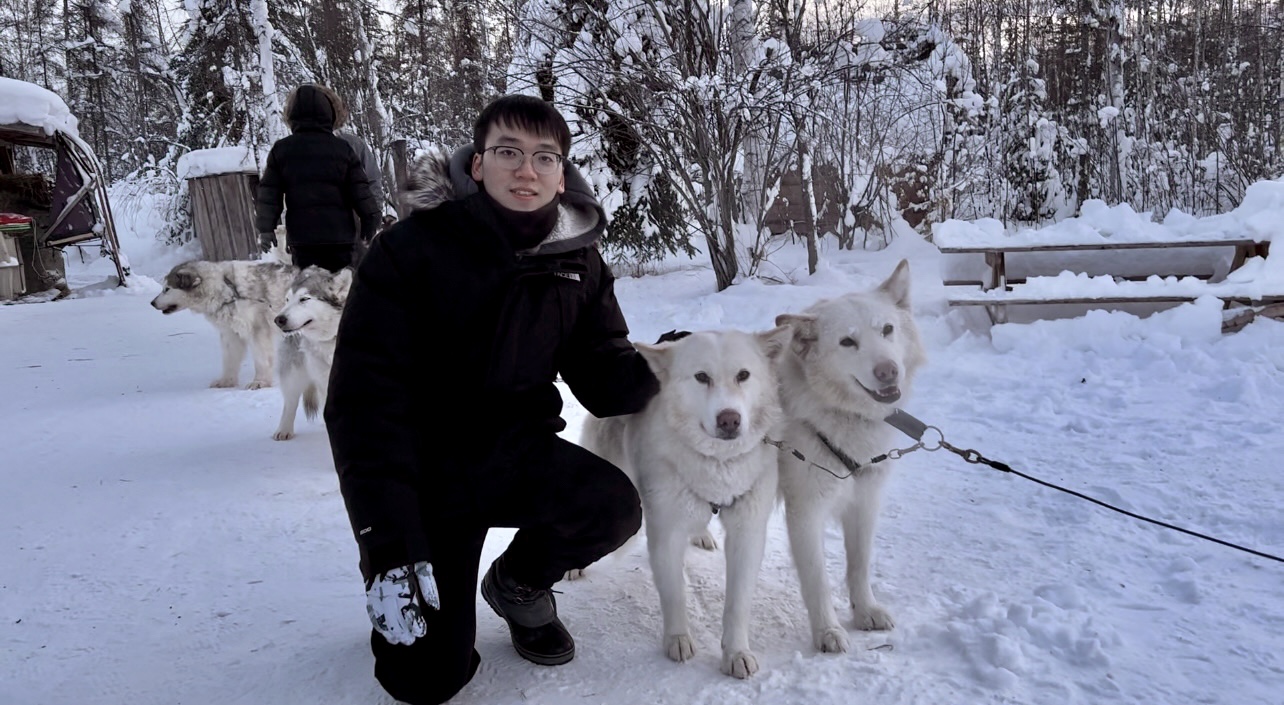
Junfeng Zhi (Mentee at Harvard. Next: graduent student at Duke. Now: engineer at Amazon )
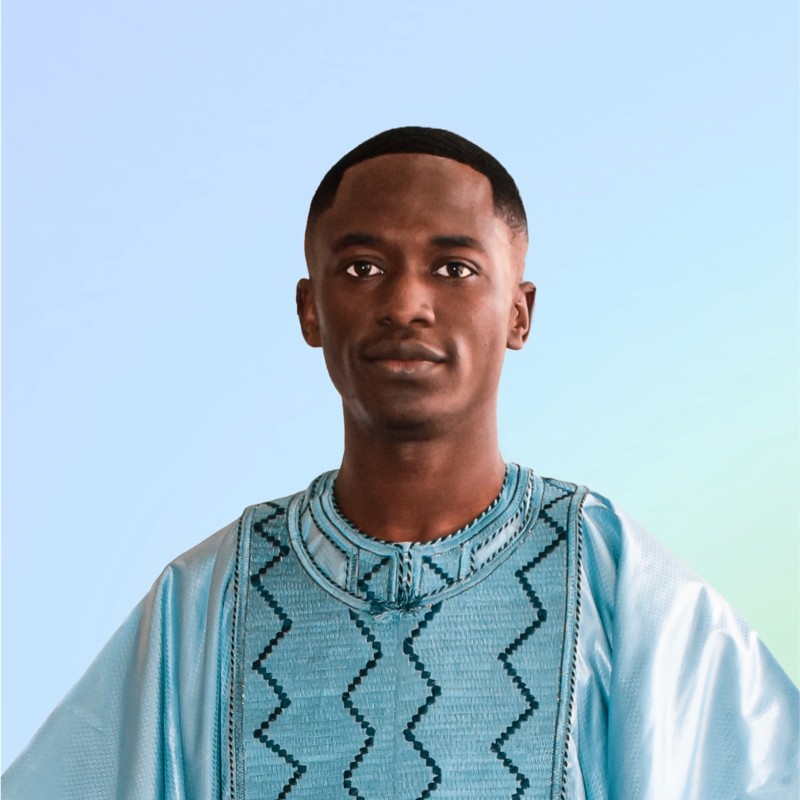
Brice Nanda (Mentee at Mila-Quebec AI institute. Next:Msc at Mila )

Yihe Yang (Mentee at Harvard. Next:Msc at CMU )
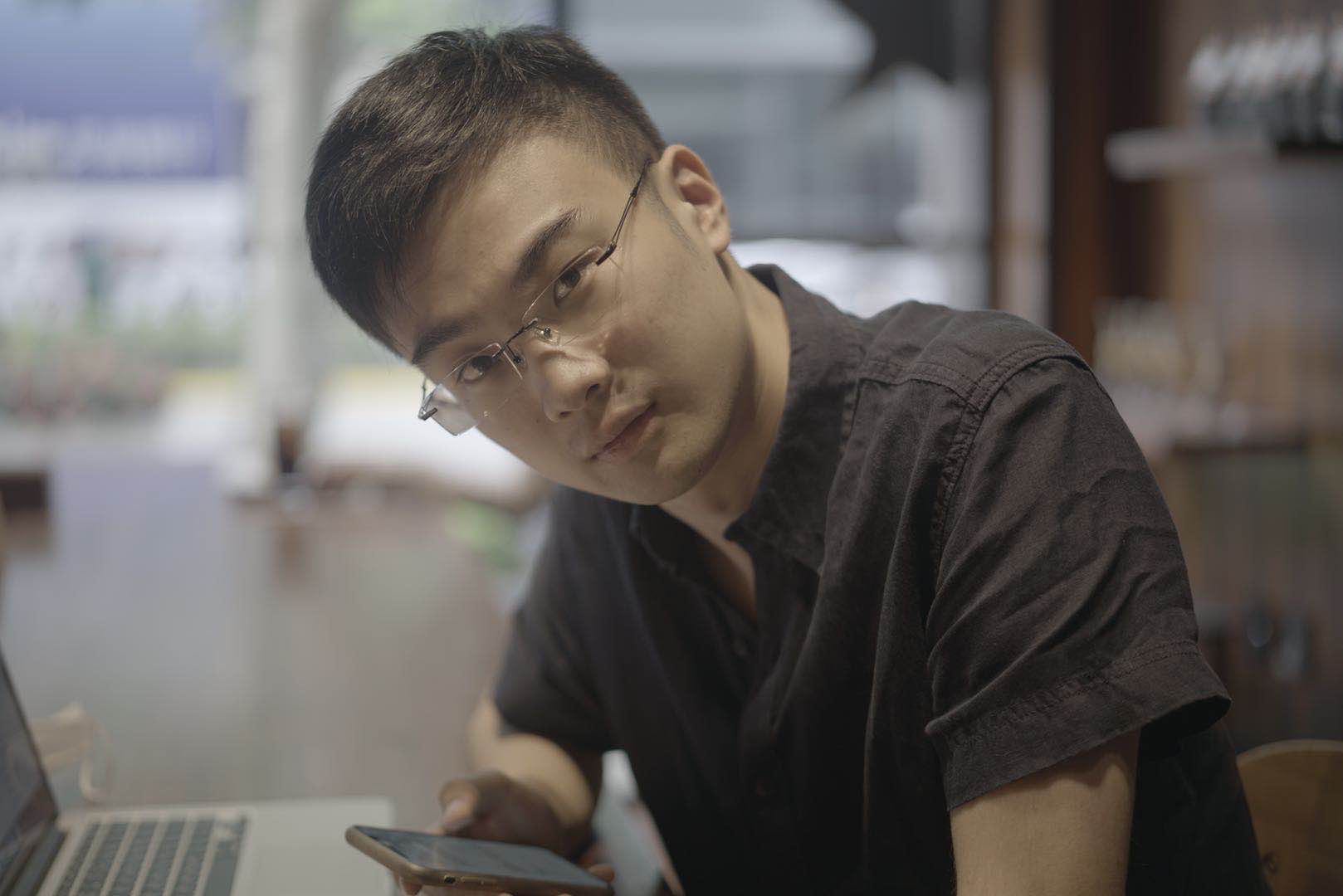
Zhuang Ma (Mentee at Harvard. Next: grad. student at CMU )
News
- [Oct 2024] Our decoupled straight-through discrete optimization available onine.
- [Oct 2024] Our work on Gaussian mixture continual learning available onine.
- [Oct 2024] Our work on discrete concept unlearning available onine.
- [Oct 2024] Our work on brain inspired continual learning available onine.
- [Sep 2024] Our review on AI safety in medicine available onine.
- [June 2024] Our work on self-supervised learning on medical data BarlowTwins-CXR is published on BMC. Congratulatiosn to Haoyue and all co-authors.
- [Nov 2023] Our exploration of generative models for causal discovery of gene networks Swift-DynGFN is accepted at Neurips Generative model for biology workshop. Congratulatiosn to Trang and all co-authors.
- [Nov 2023] Make our large language model physical reasoning task COAT is available
- [Sep 2023] our work Reusable Slotwise Mechanisms is accepted at Neurips 2023. Congratulatiosn to Trang and all co-authors.
- [July. 2023] Present our GFlowOut work at ICML 2023 in Hawaii
- [June. 2023] Our 2-year effort on attention schema will be presented at Neurips InforCog workshop
- [Apr. 2023] Present our SAF paper at ICLR 2023 at Kigali, Rwanda
Join our team
We have multiple openings for PhD students, postdocs, interns and visiting scholars to join our lab and work with us together in the following directions:
- Automatic AI Discovery Engine
- Creativity of generative models
- Creative Machine learning for medicine and biology
Our research style: curiosity and long-term impact driven. Members in the team are self-motivated and like to think big. We are extremely open to different ideas. Members in the tream have a high degree of freedom to explore their ideas. At the same time, we have very strict control of research quality.
Who we are looking for: Self-motivated candidates with a genuine interest in the scientific questions we are exploring and a passion to change the world.
Our team believes that openness and intellectual freedom are essential to scientific discovery. We warmly welcome candidates who are deeply curious, bold in their thinking, unafraid to challenge convention, and eager to see the world from new perspectives—regardless of their undergraduate institution, gender, religion, race, age, national origin, or disability.
If you are interested, please fill in this form AND send me an email at
Publications
For the most up-to-date list of publications, see my Google Scholar profile.
Selected Machine learning Publications
|
Zhang, Tianyi, Yu Cao, and Dianbo Liu ICML 2025 |
|
Arefin, Md Rifat, Yan Zhang, Aristide Baratin, Francesco Locatello, Irina Rish, Dianbo Liu, and Kenji Kawaguch ICML 2024 |
|
Dianbo Liu , Moksh Jain, Bonaventure Dossou, Qianli Shen, Salem Lahlou, Anirudh Goyal, Nikolay Malkin, Chris Emezue, Dinghuai Zhang, Nadhir Hassen, Xu Ji, Kenji Kawaguchi, Yoshua Bengio ICML 2023 |
|
Dianbo Liu, Vedant Shah,Oussama Boussif, Anirudh Goyal, Michael Curtis Mozer,Nicolas Heessm Yoshua Bengio. ICLR 2023 |
|
Dianbo Liu, Alex Lamb, Kenji Kawaguchi, Anirudh Goyal, Chen Sun, Michael Curtis Mozer, Yoshua Bengio Neurips 2021 |
Selected Machine learning for biomed Publications
|
Zhu, He, Jun Bai, Na Li, Xiaoxiao Li, Dianbo Liu, David L. Buckeridge, and Yue Li. NPJ digital medicine 2025 |
|
Dianbo Liu, Won-Yong Shin, Eli Sprecher, Kathleen Conroy, Omar Santiago, Gal Wachtel, Mauricio Santillana NPJ digital medicine 2022 |
|
Jill Moore1, Michael J. Purcaro , Bradley E. Bernstein. . . Dianbo Liu. . . .. Barbara Wold, Ross C. Hardison , al. Nature 2020 |
|
Dianbo Liu, Jose Davila-Velderrain, Zhizhuo Zhang, Manolis Kellis al. Nucleic acids research 2019 |
Contact
Level 13
12 Science Drive 2, Singapore 117549
